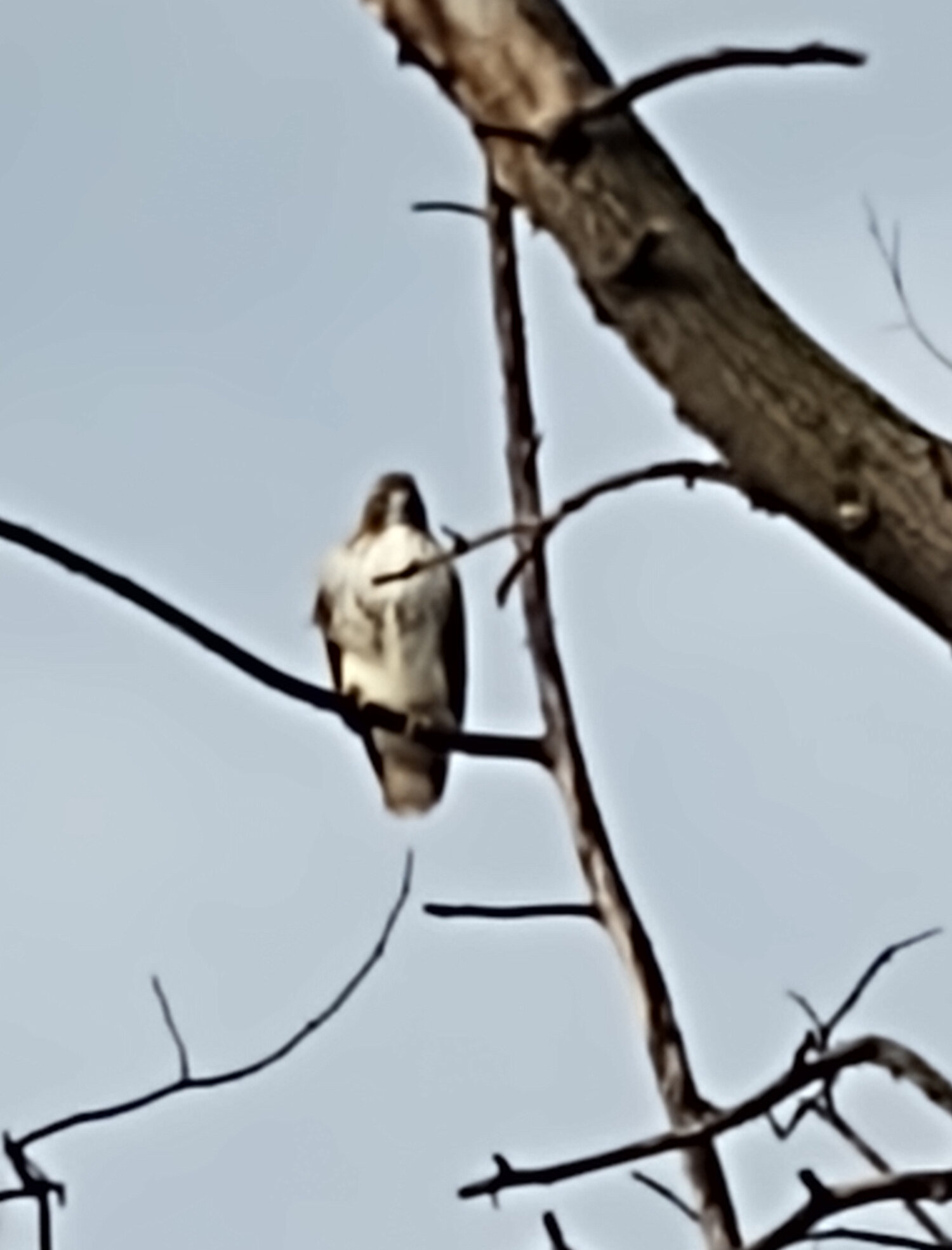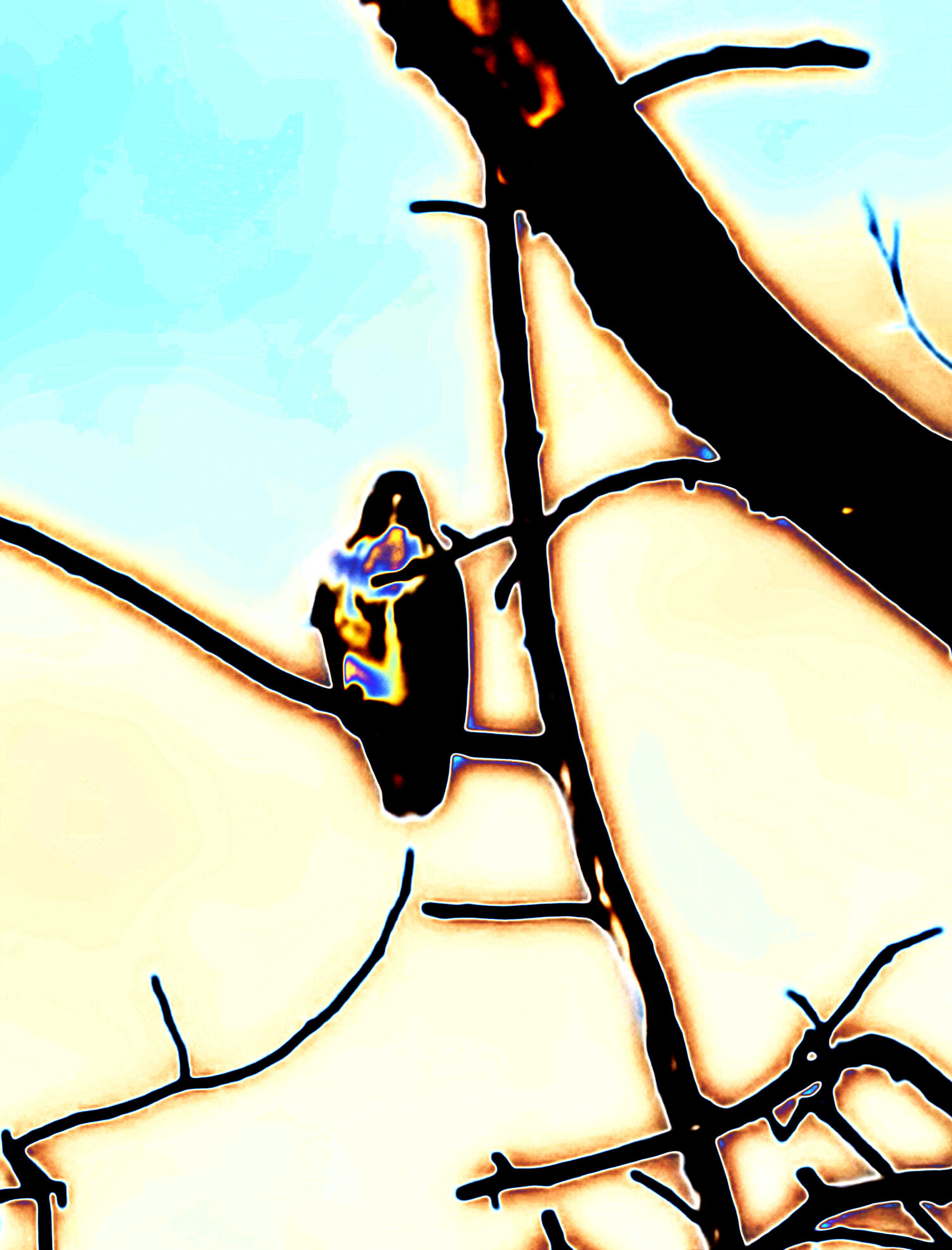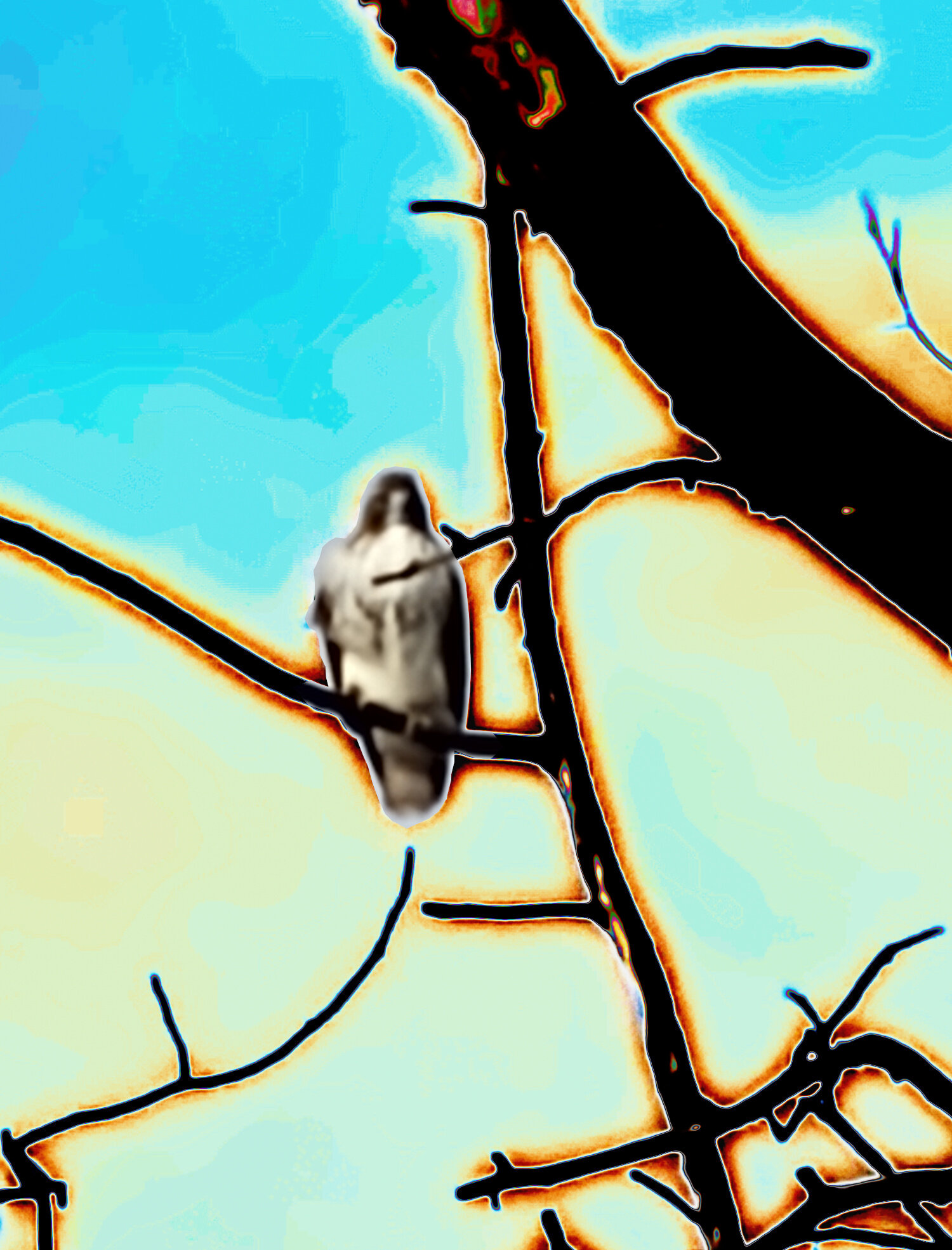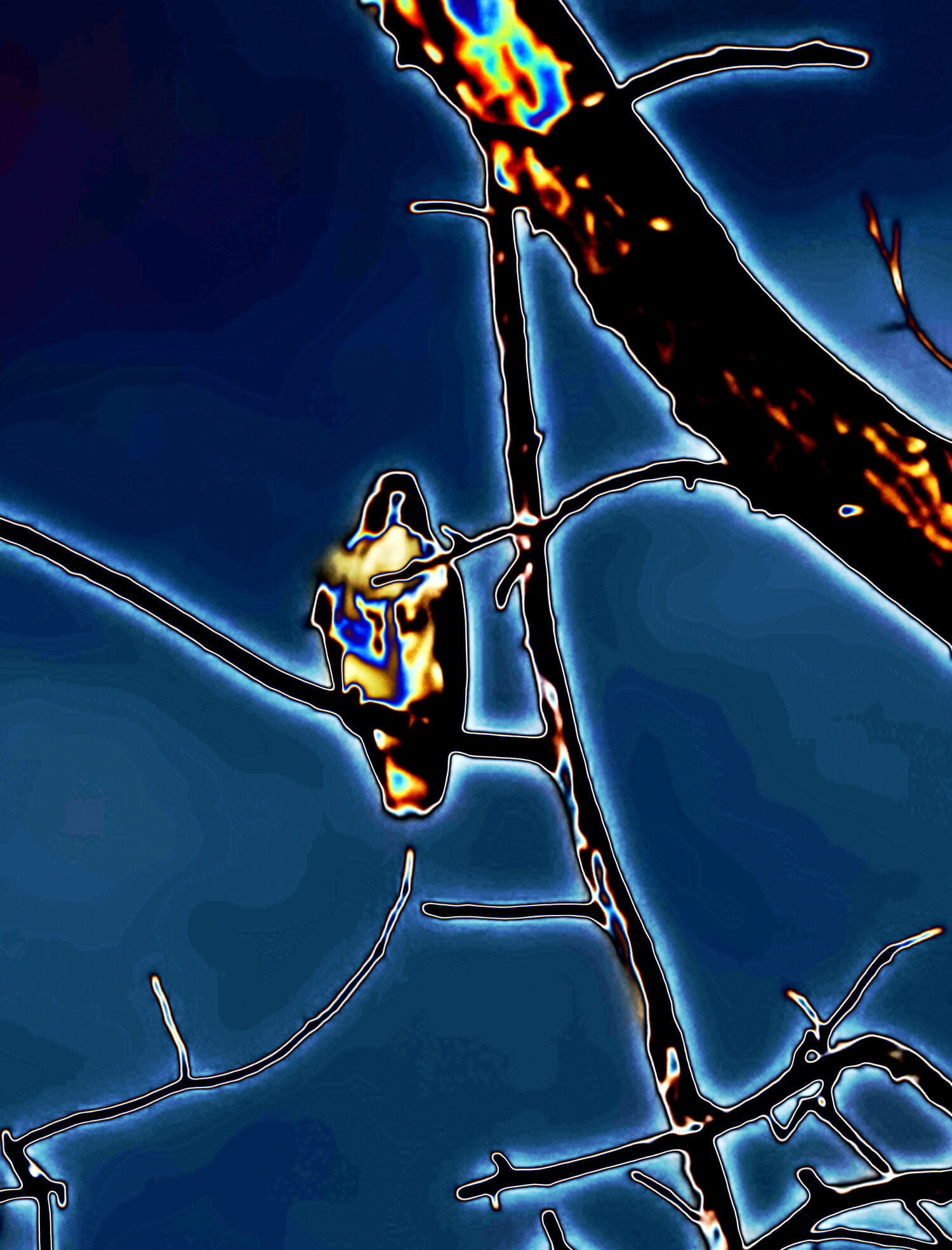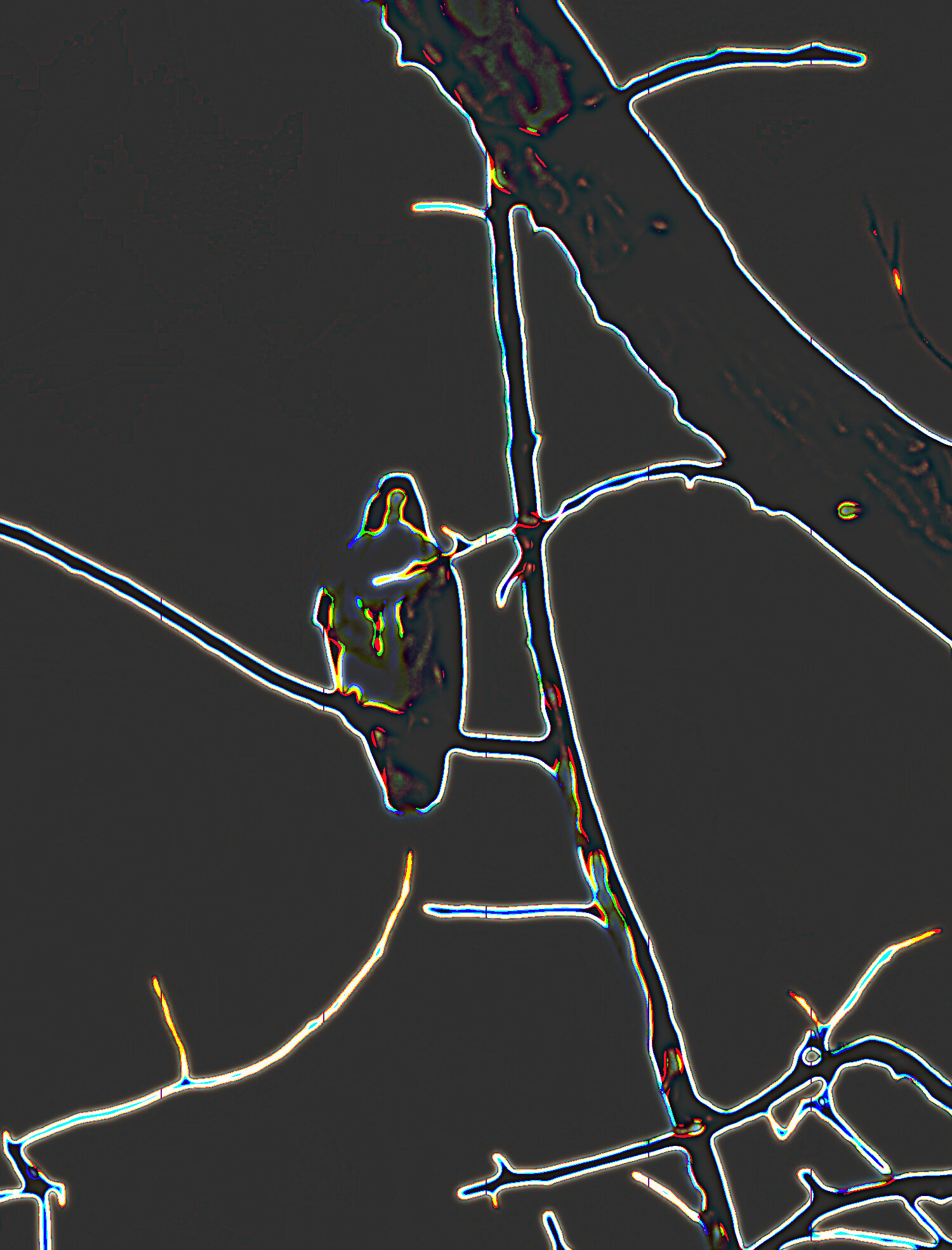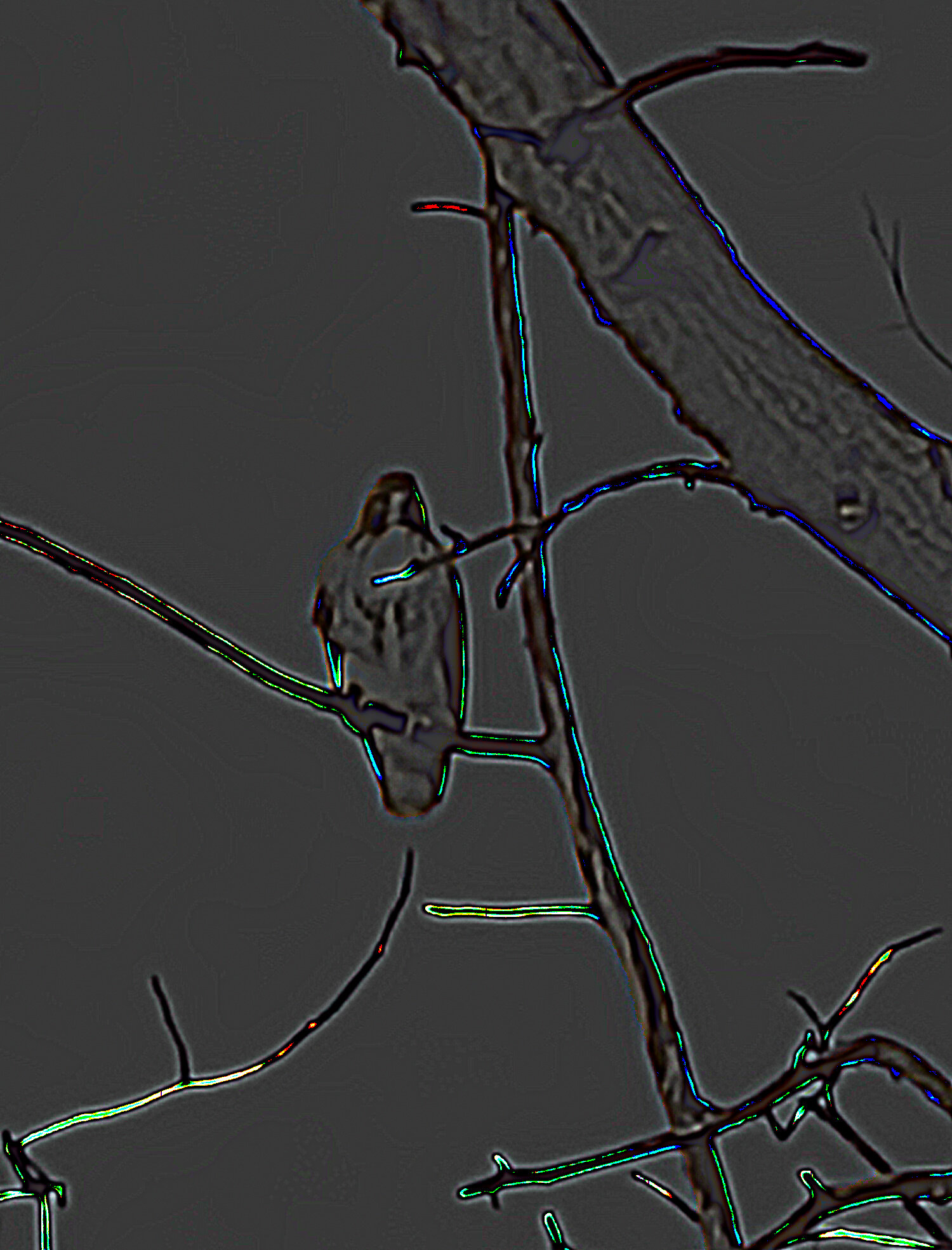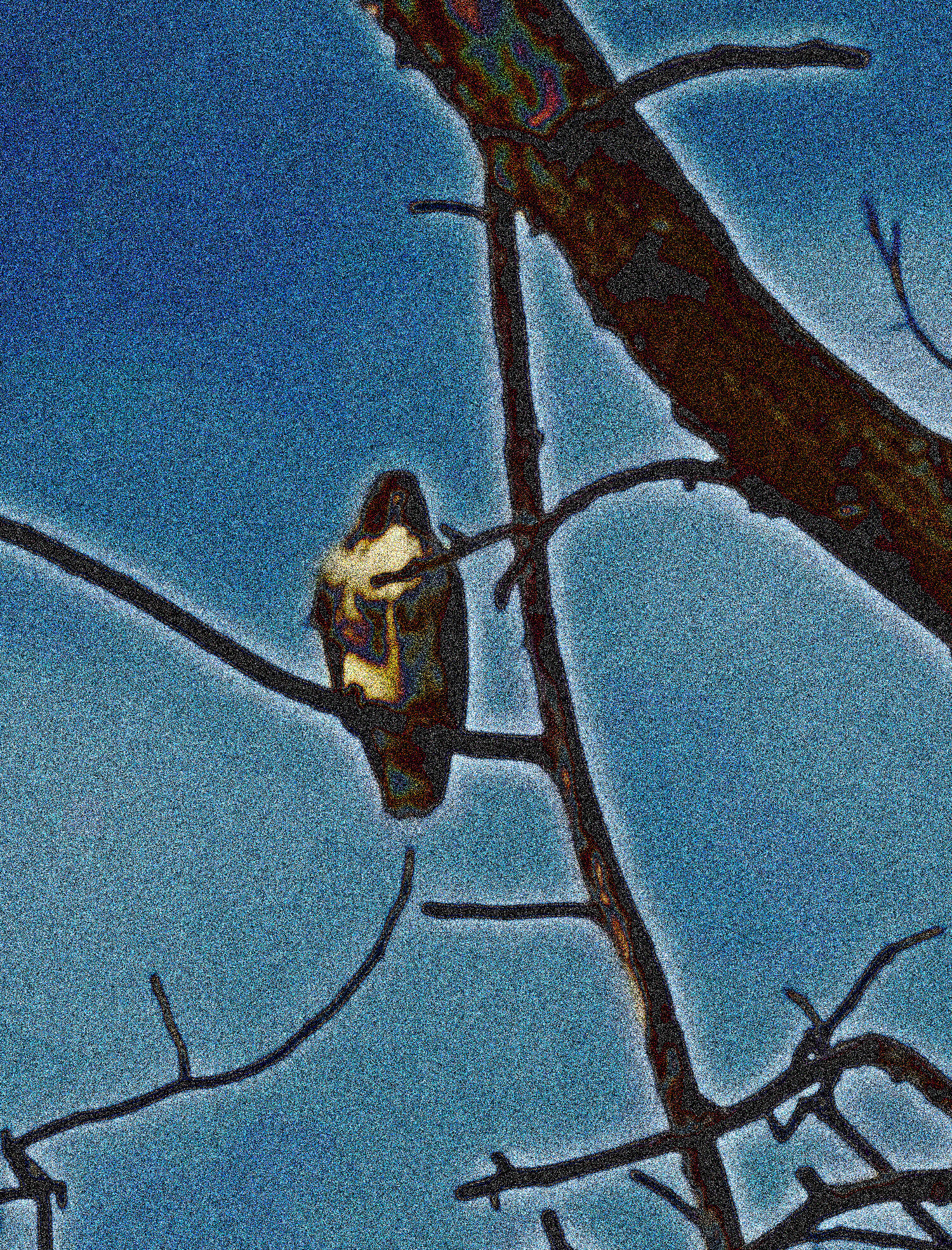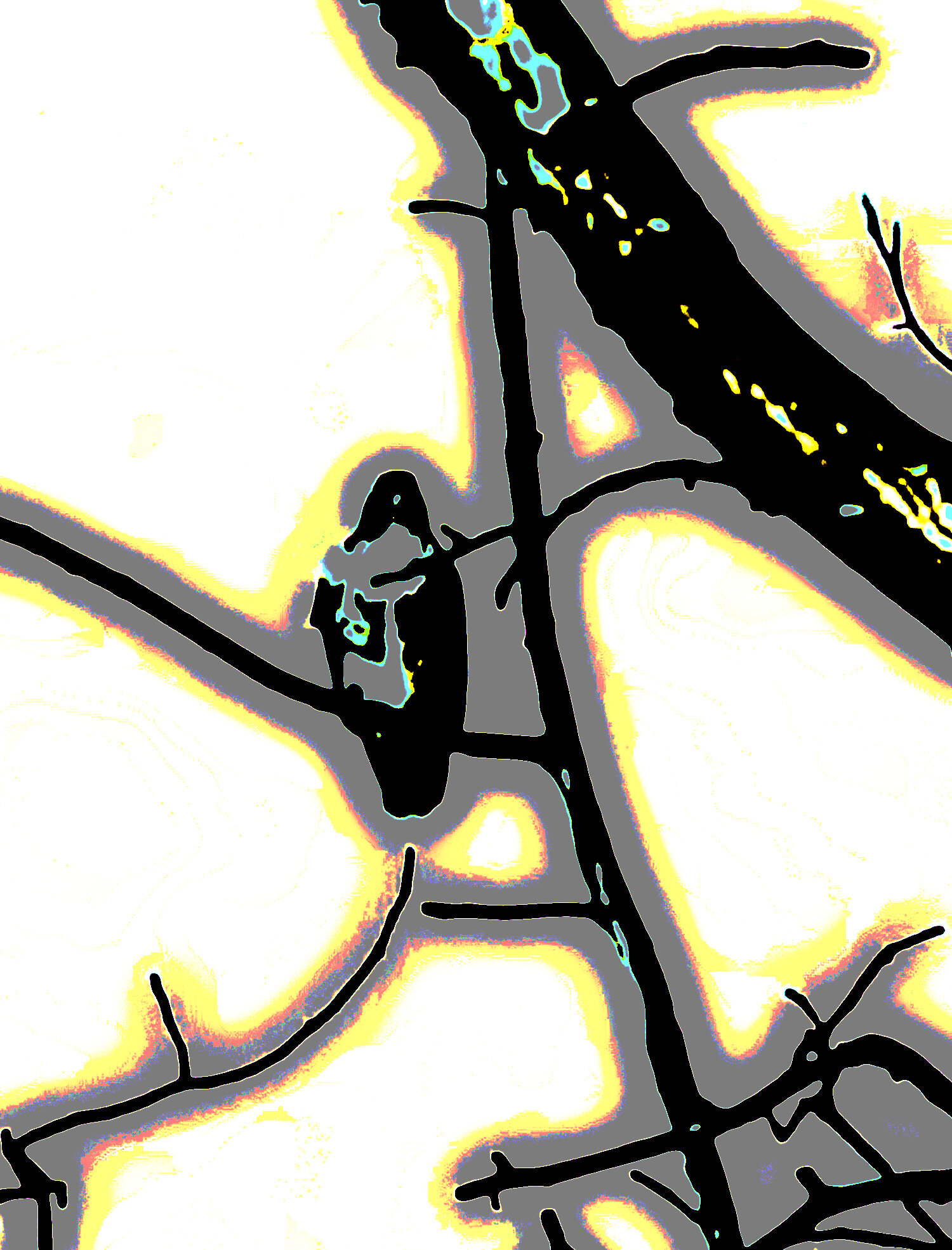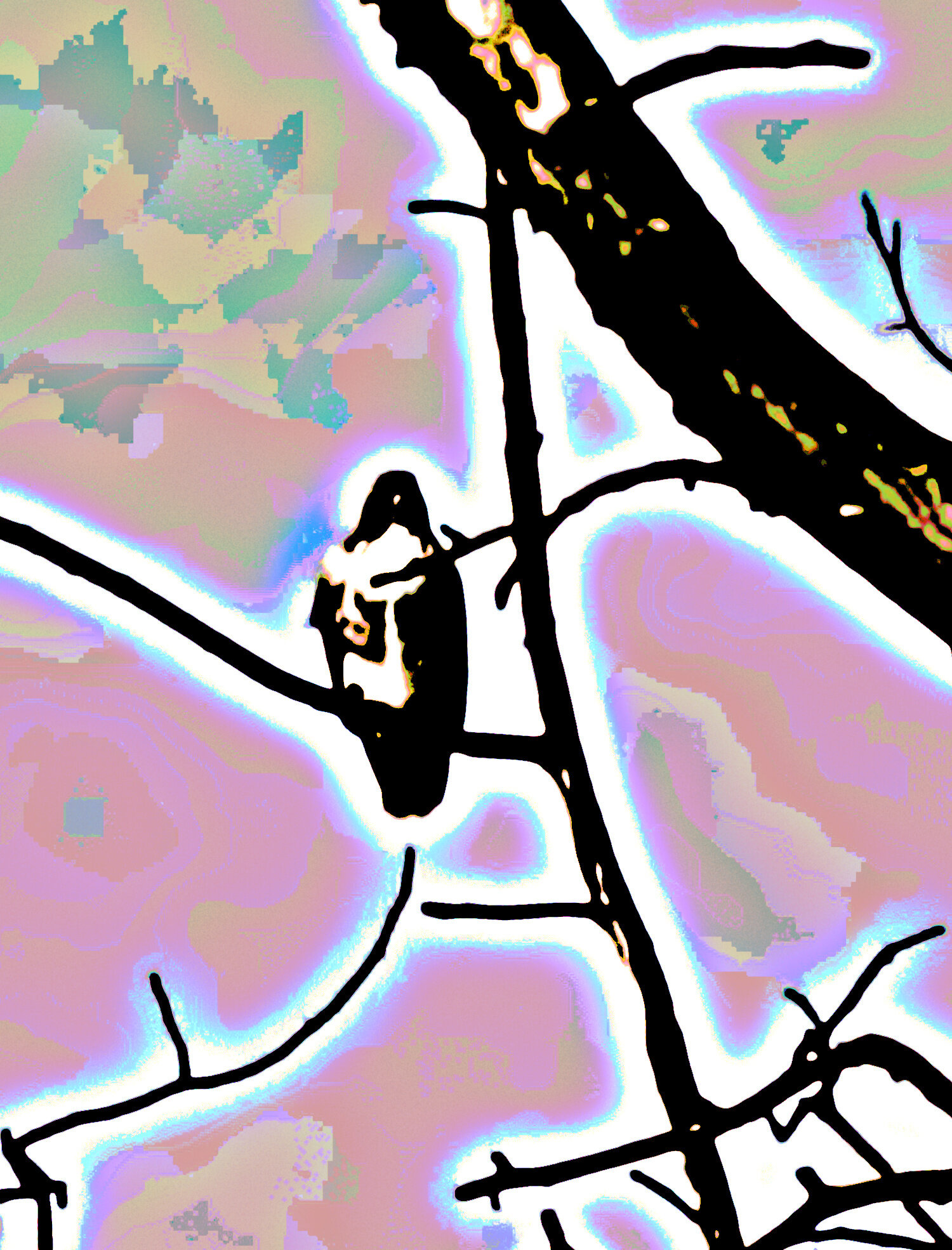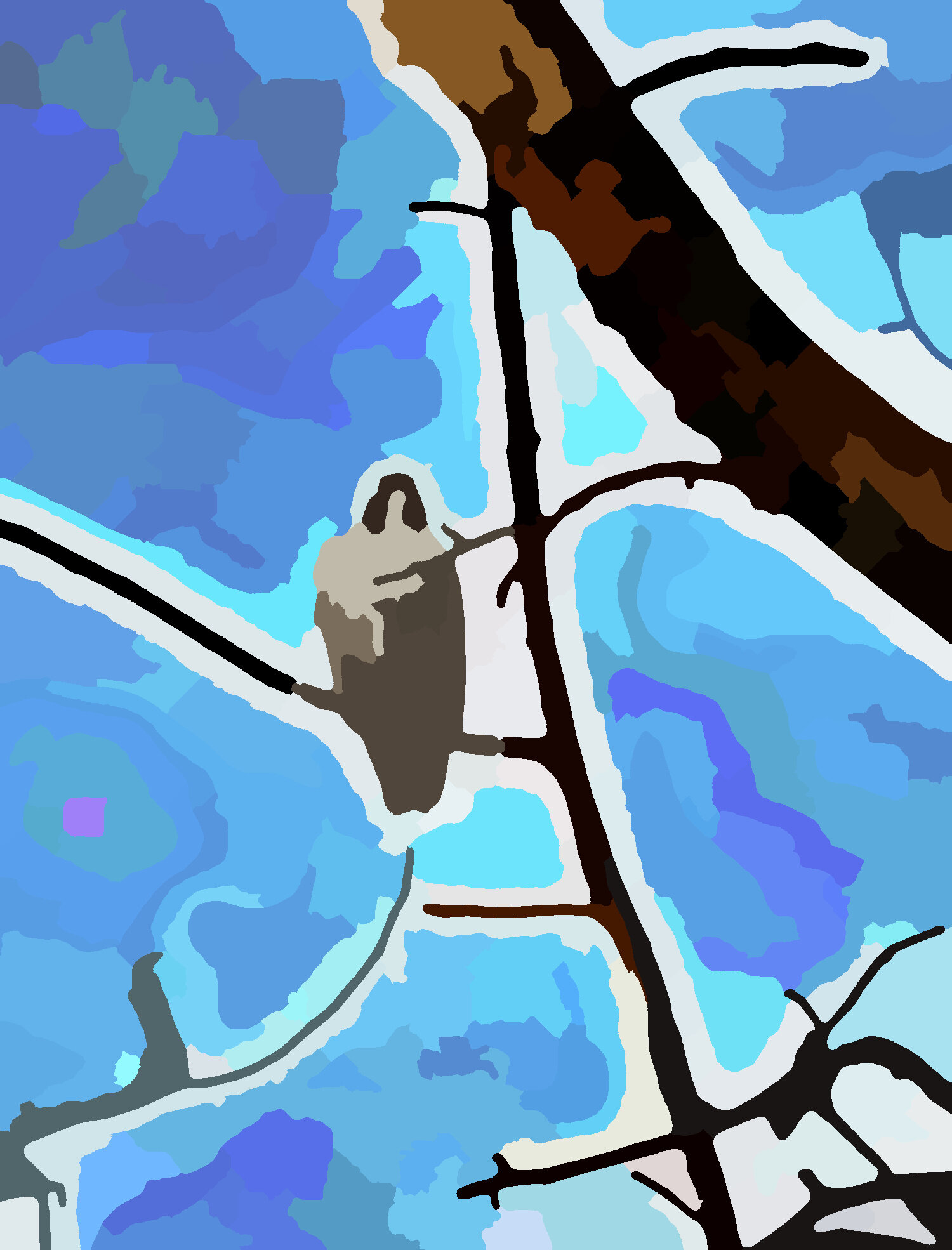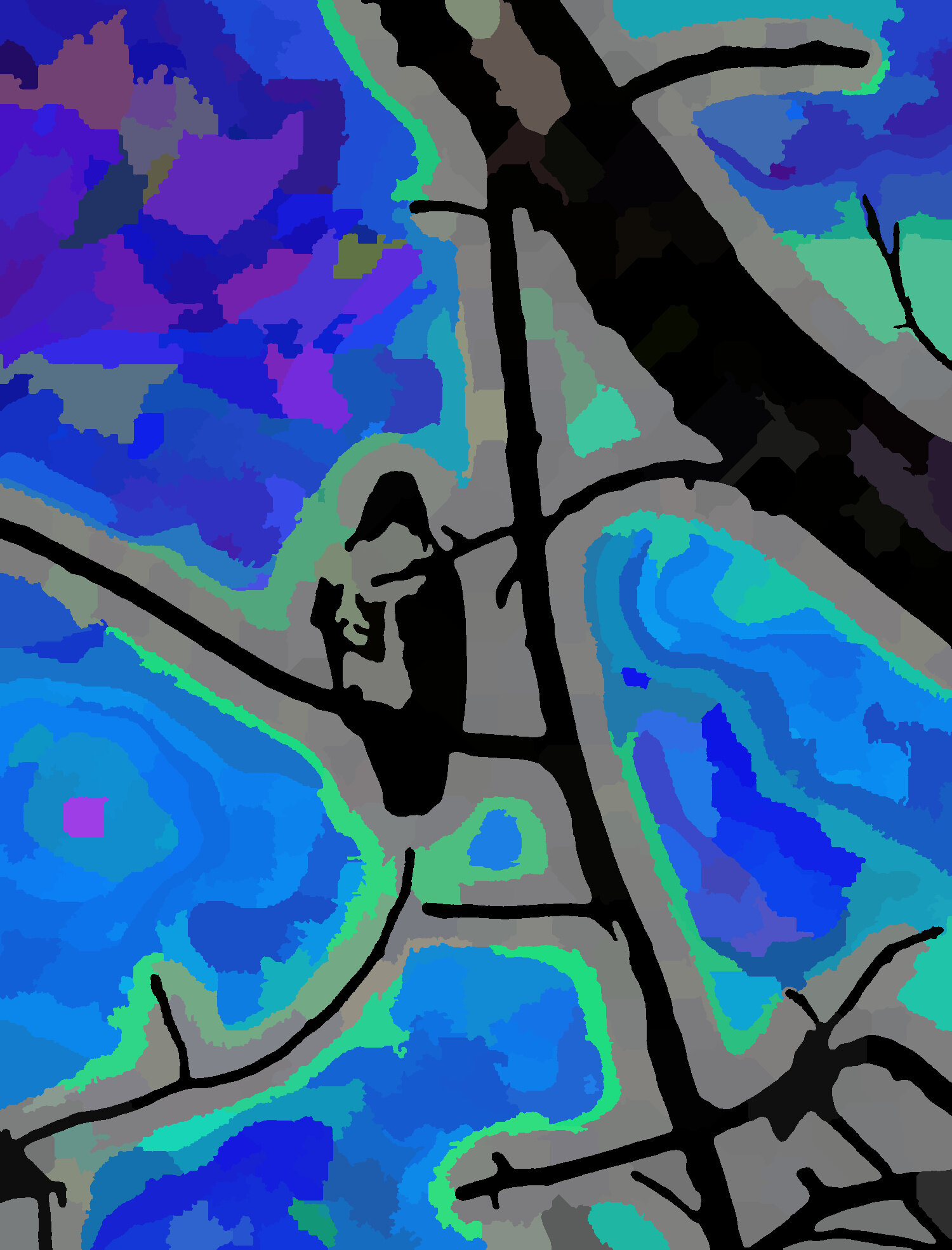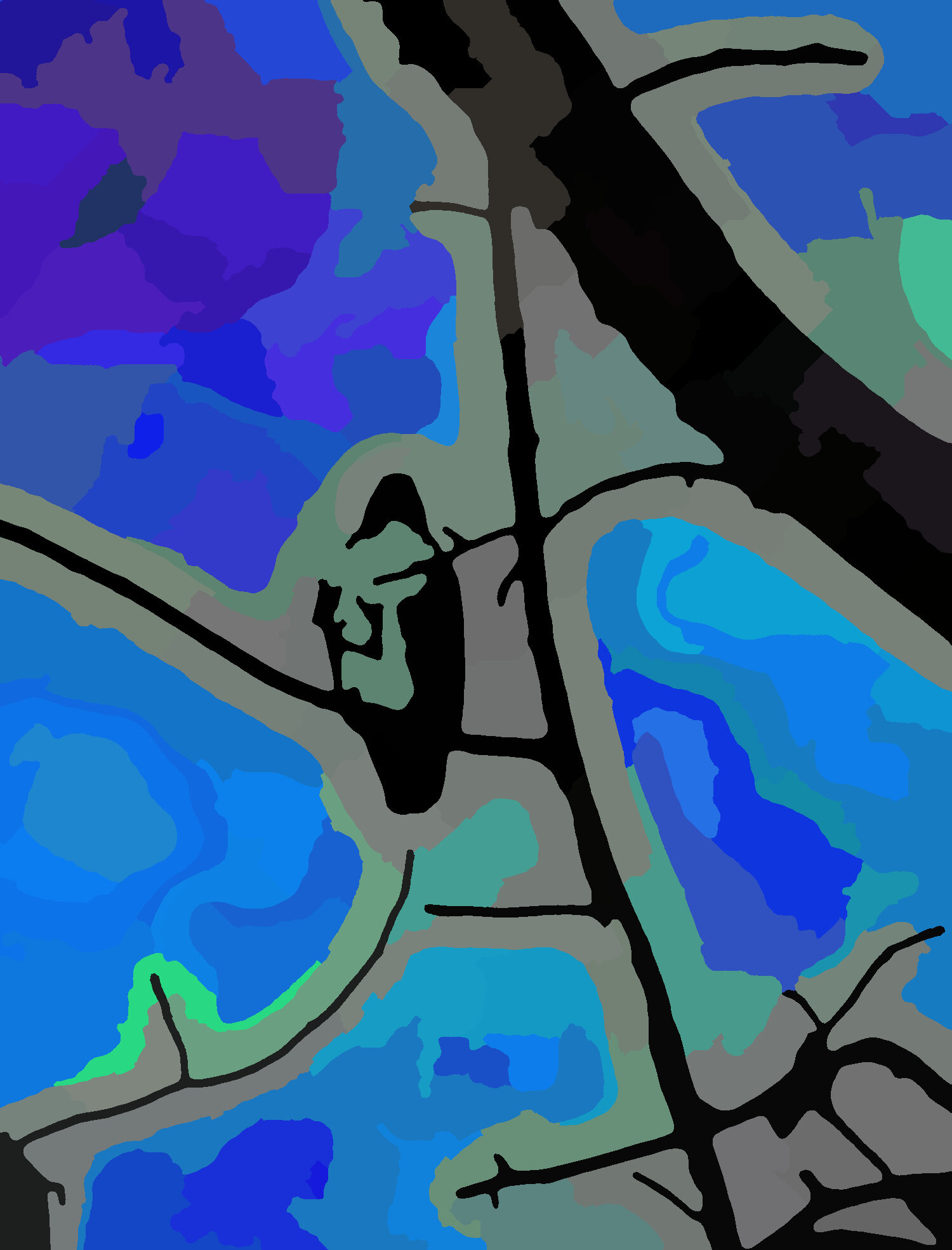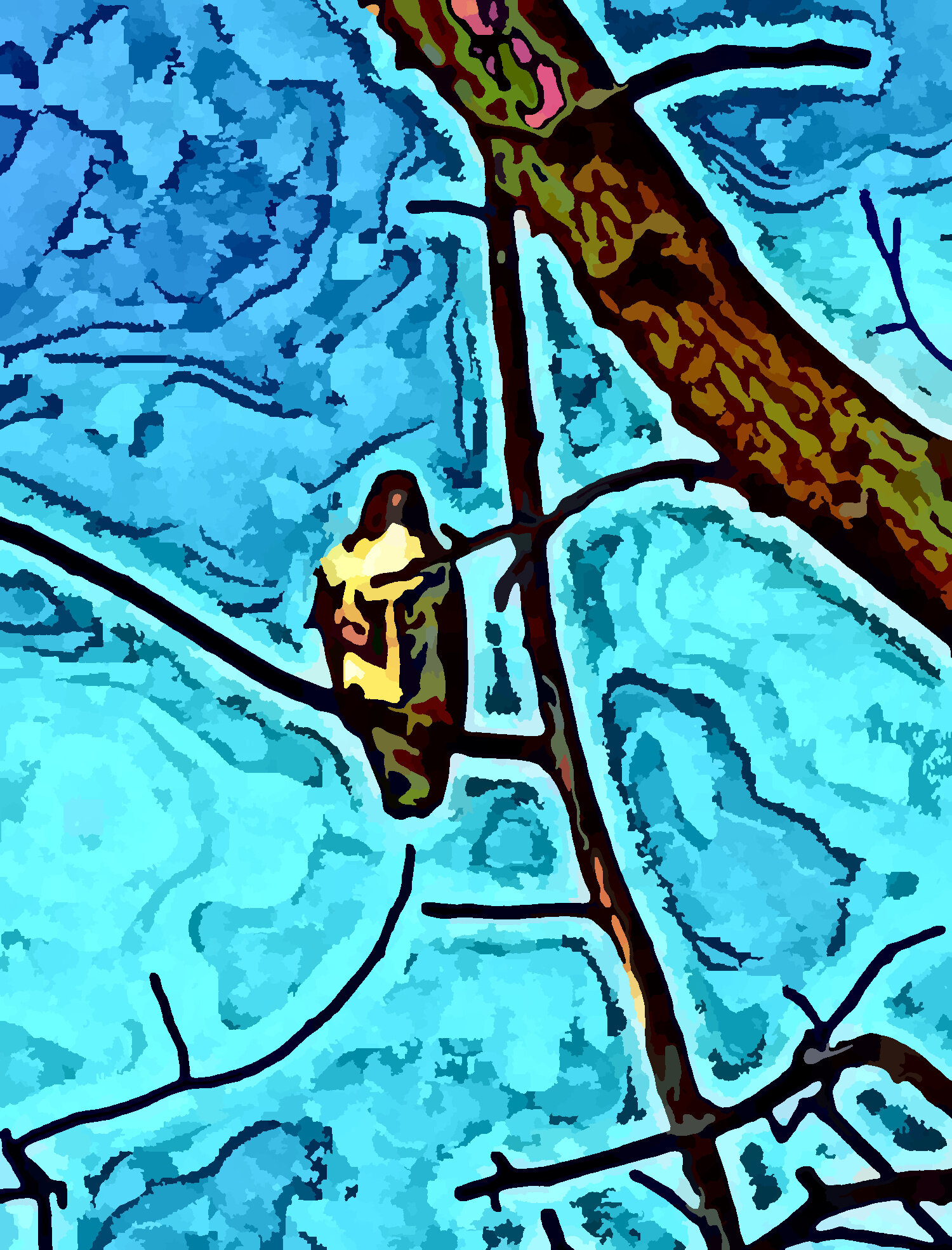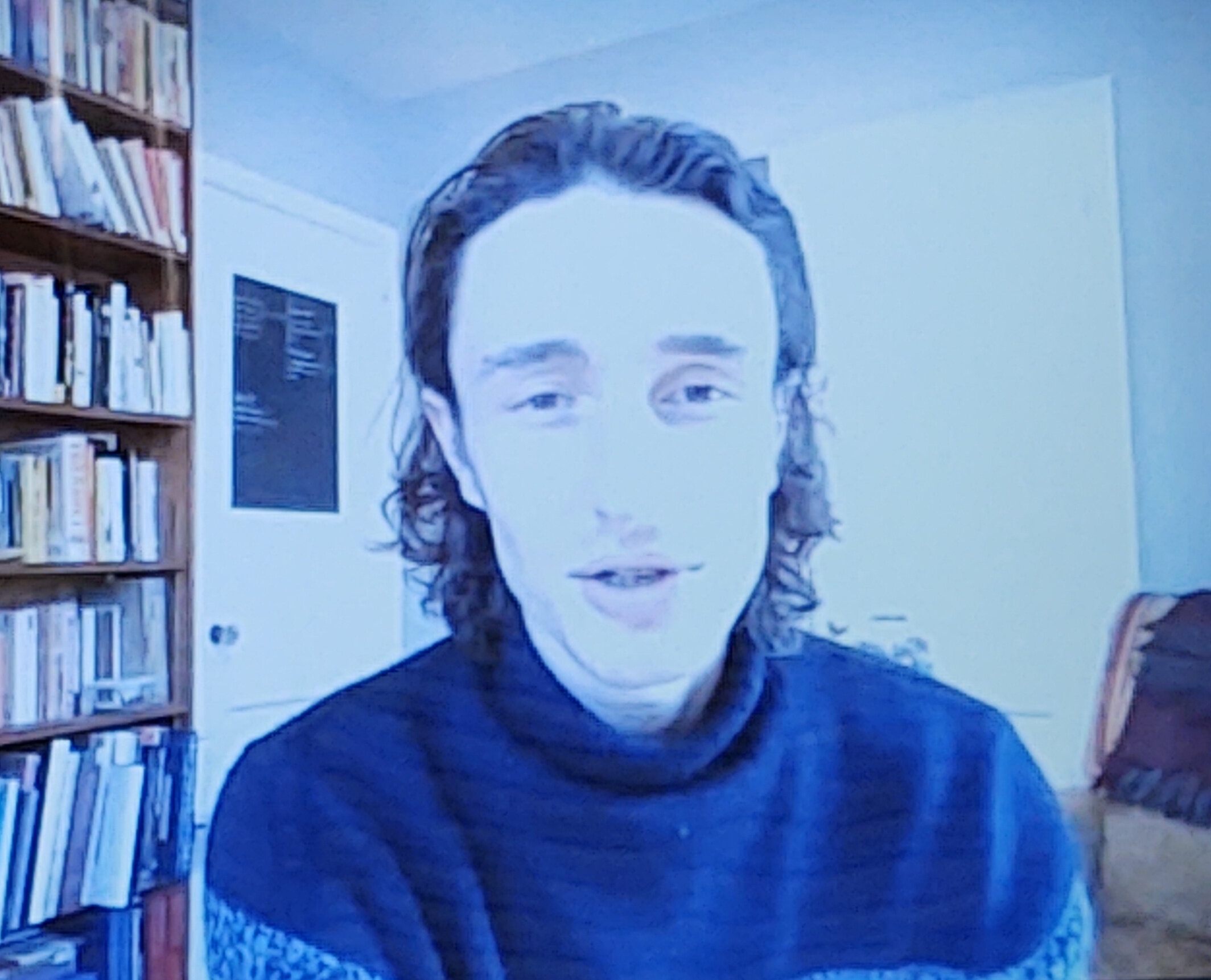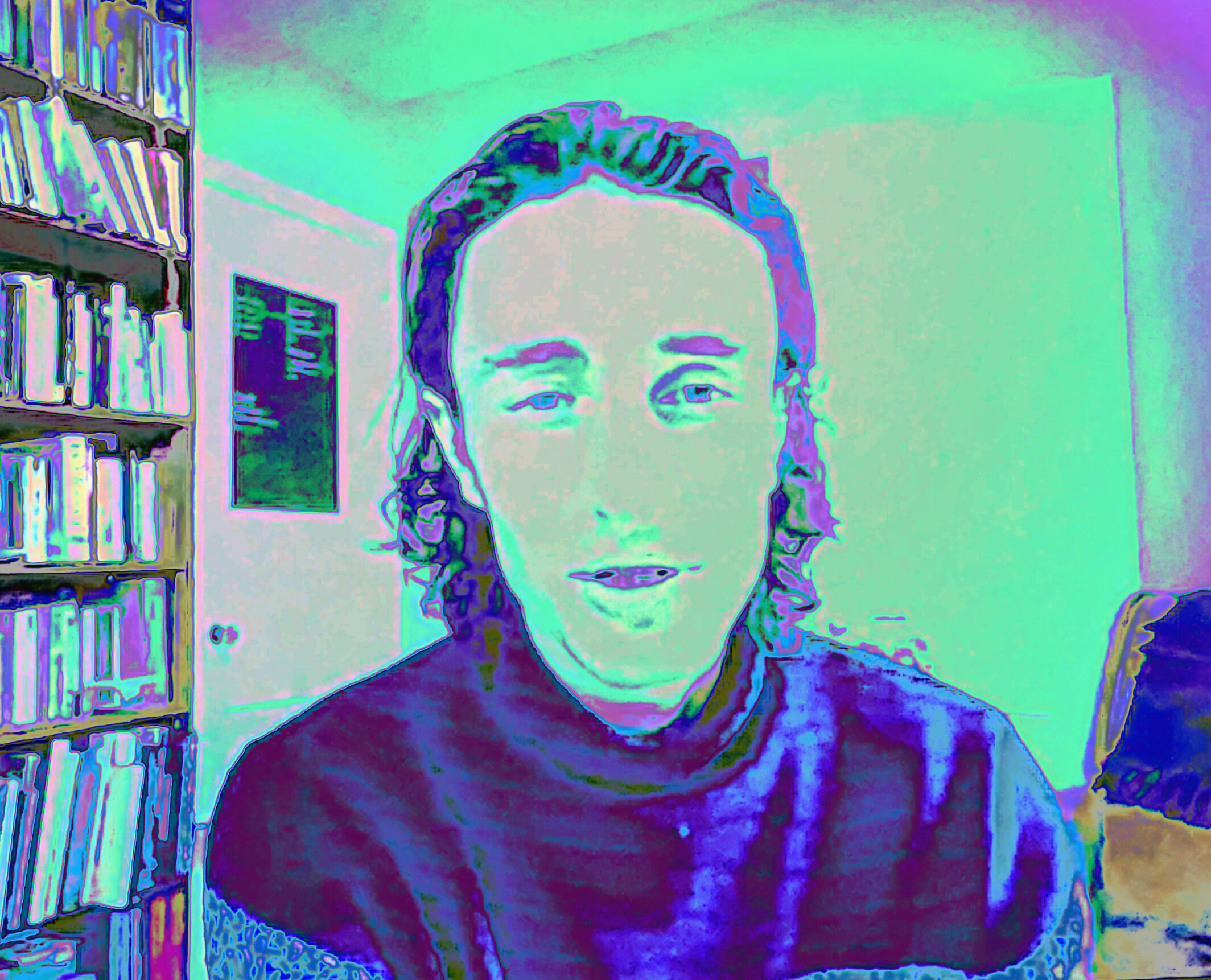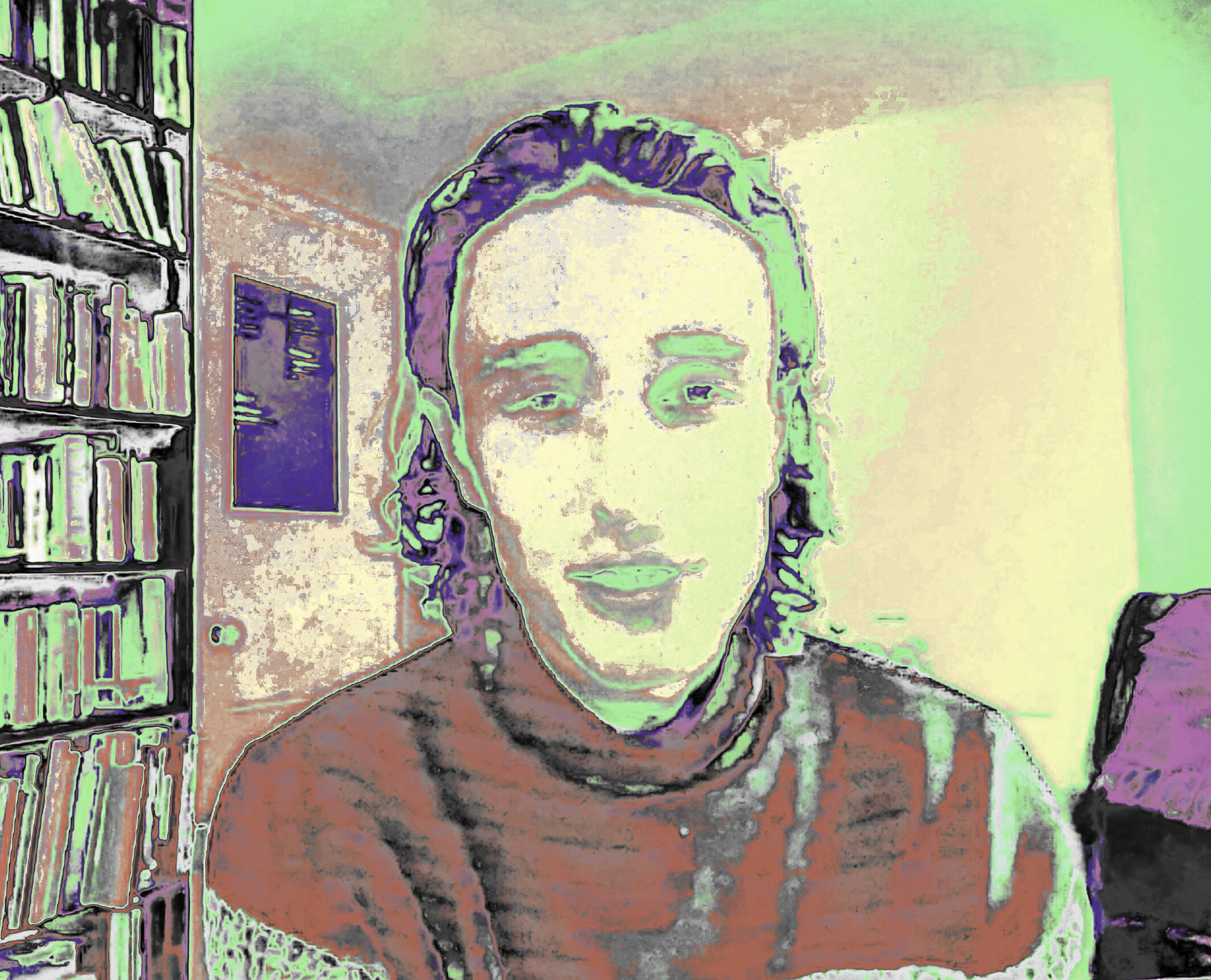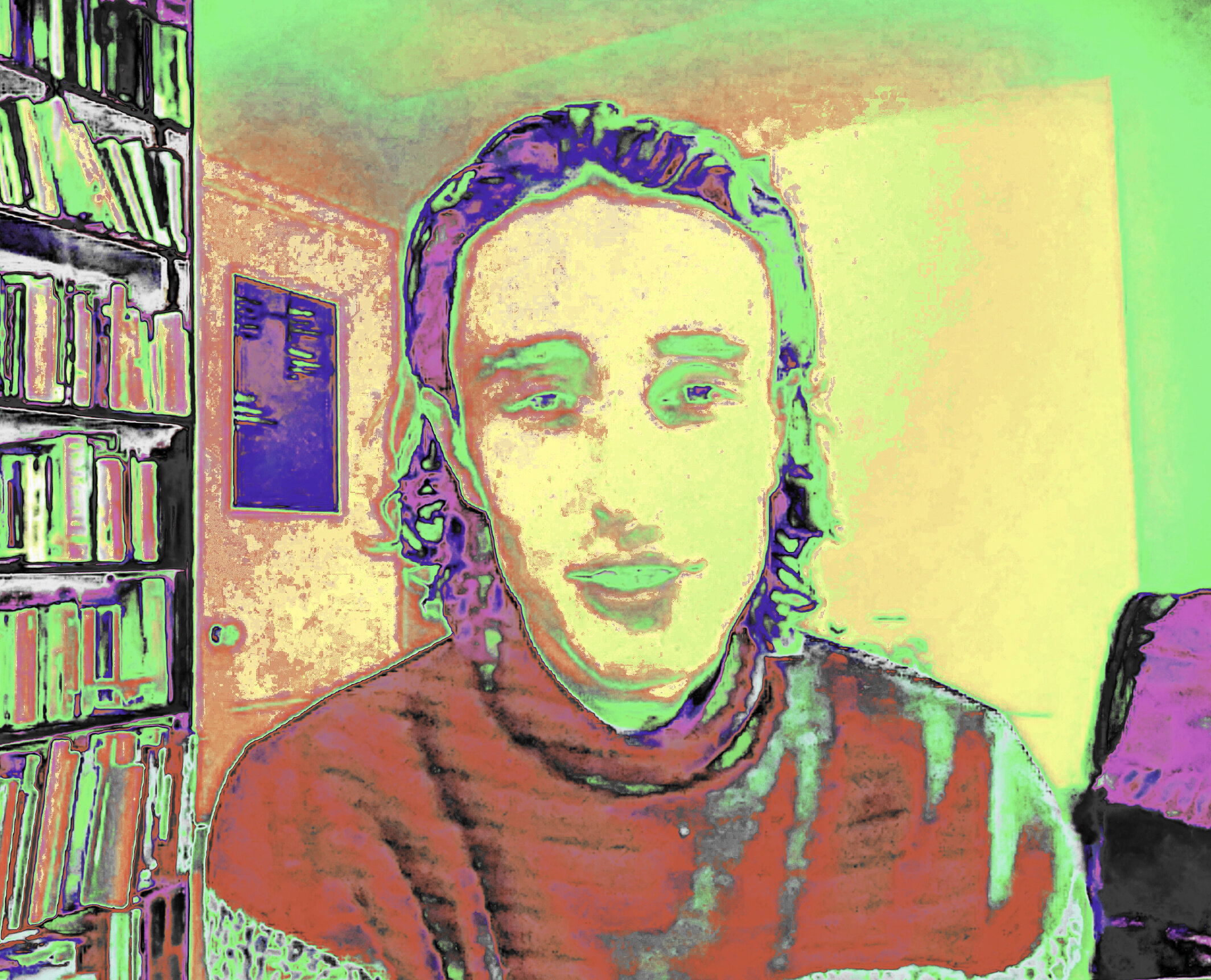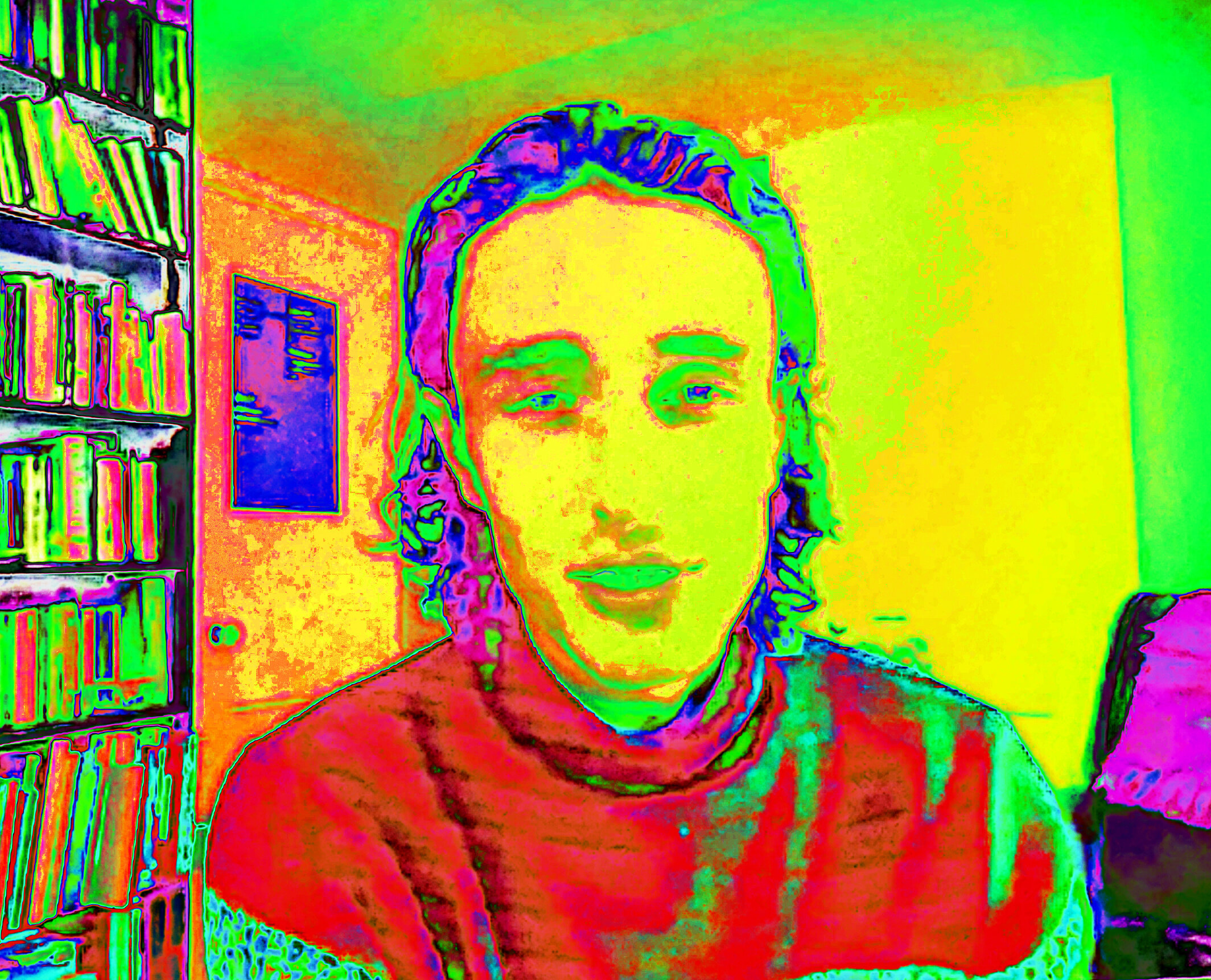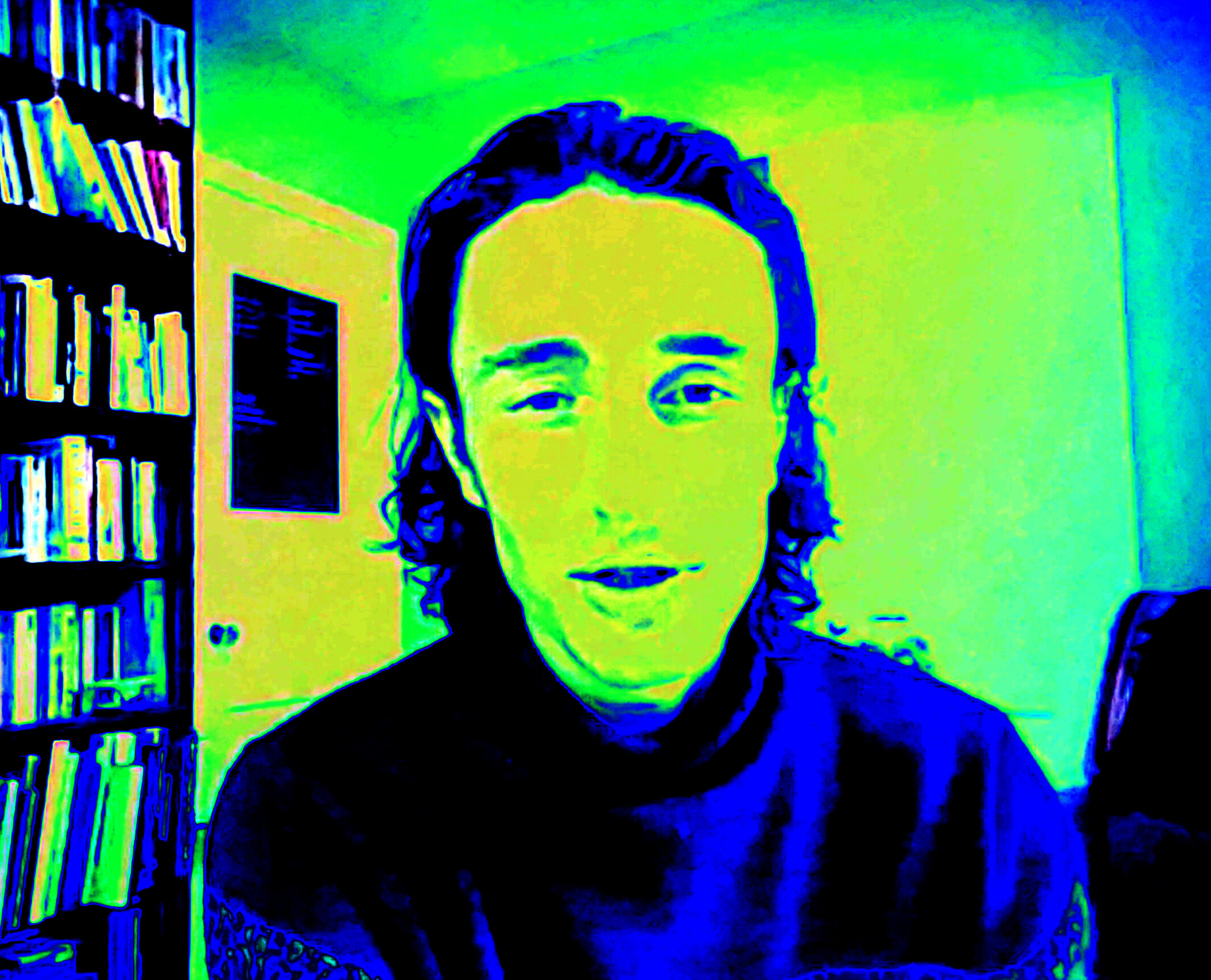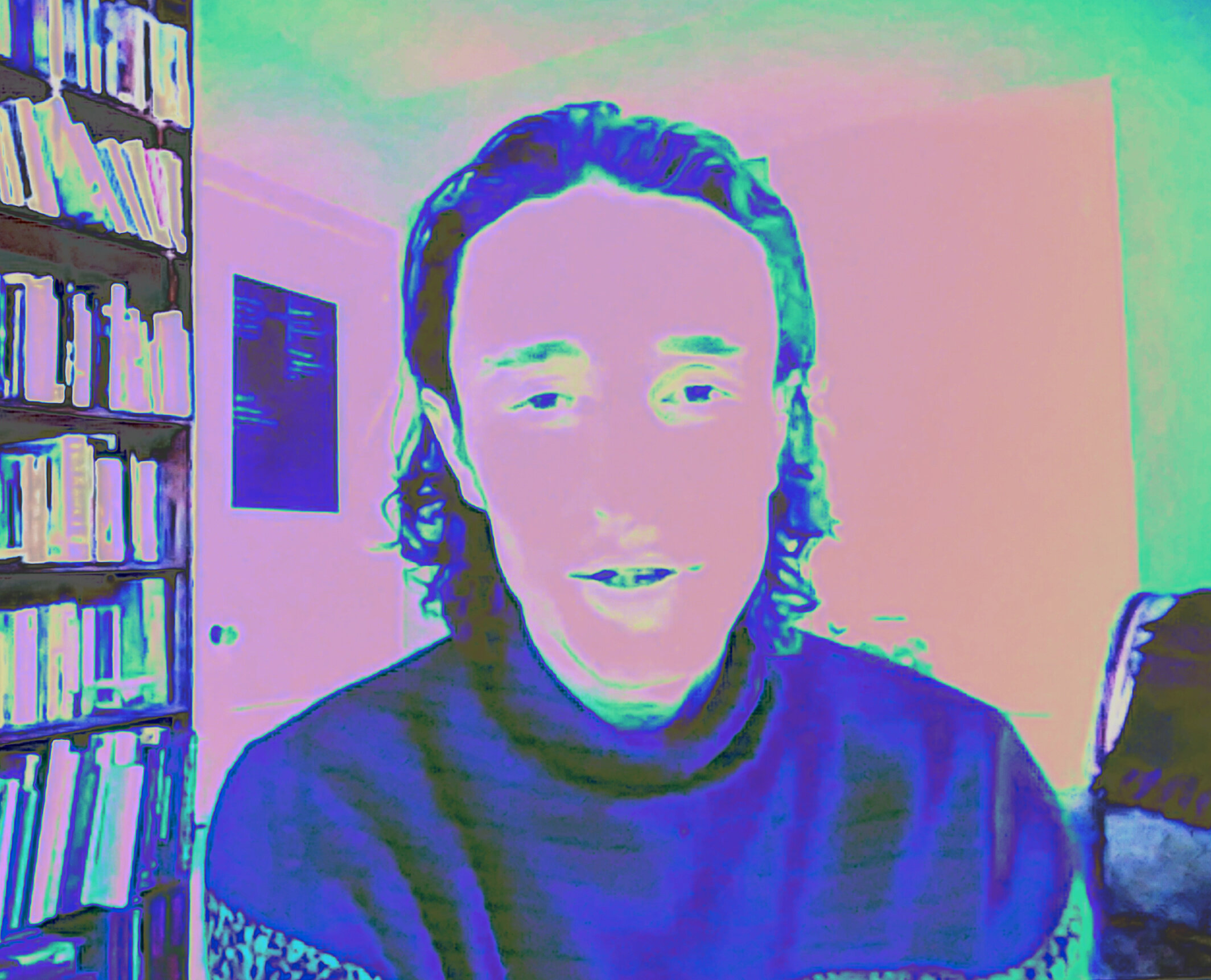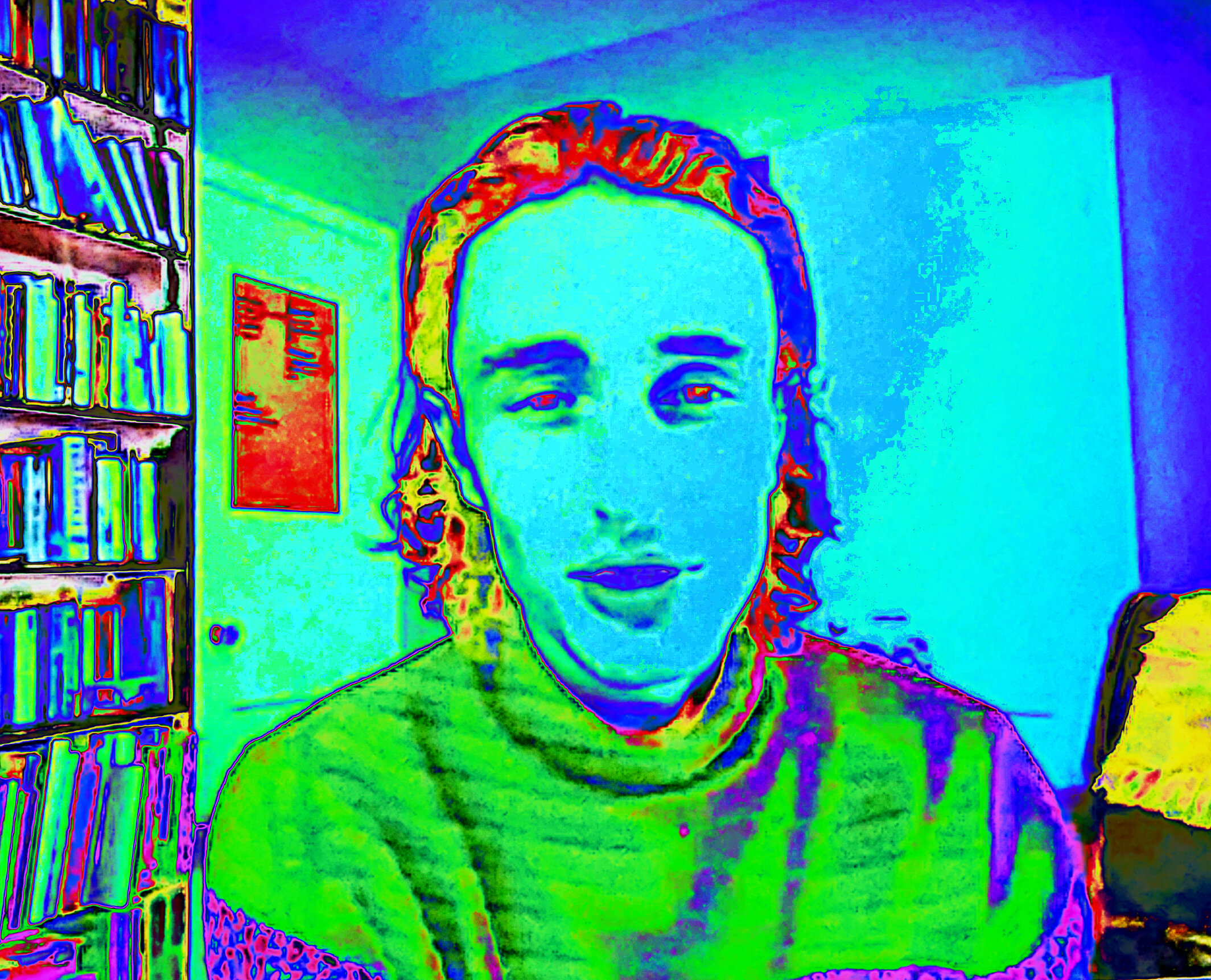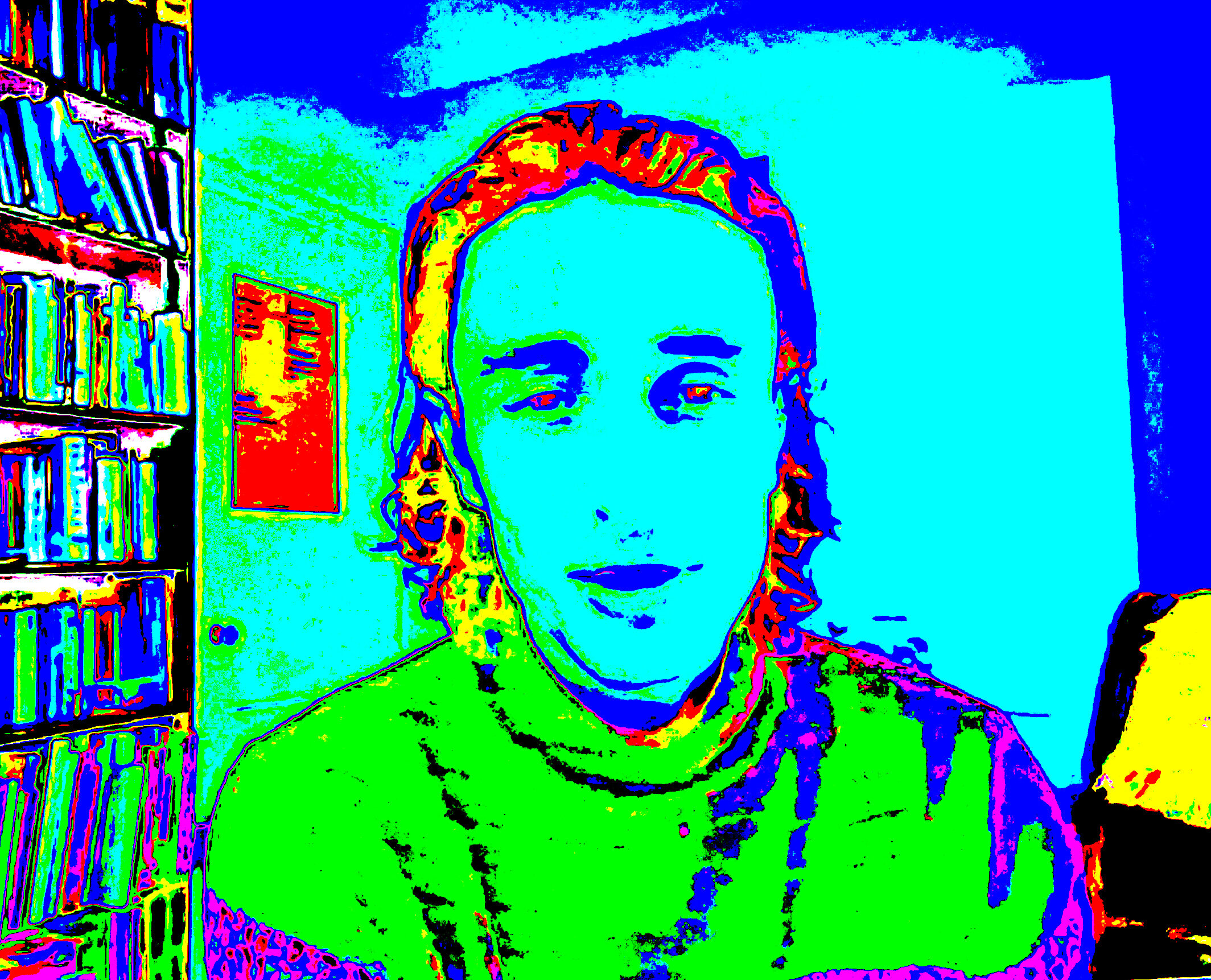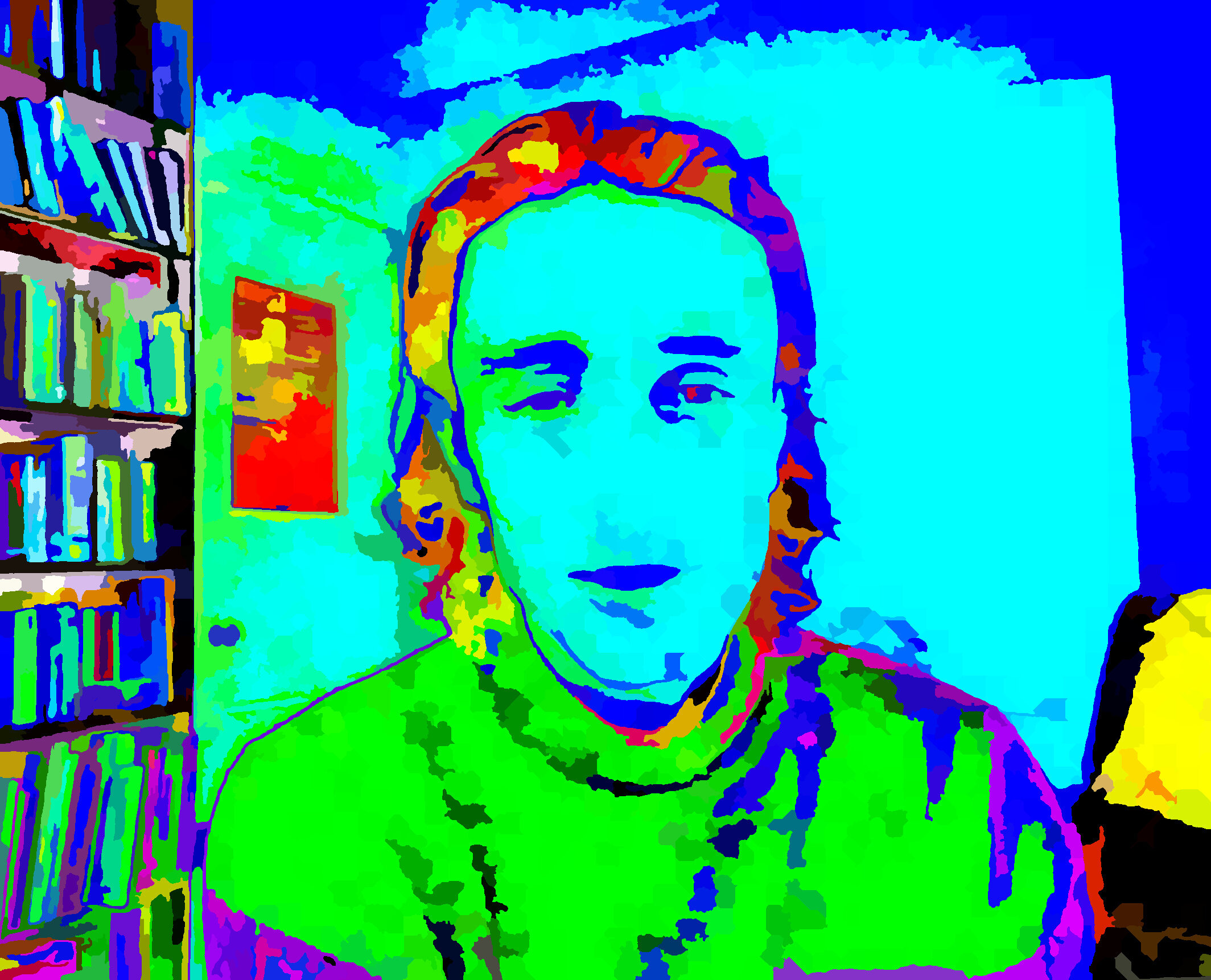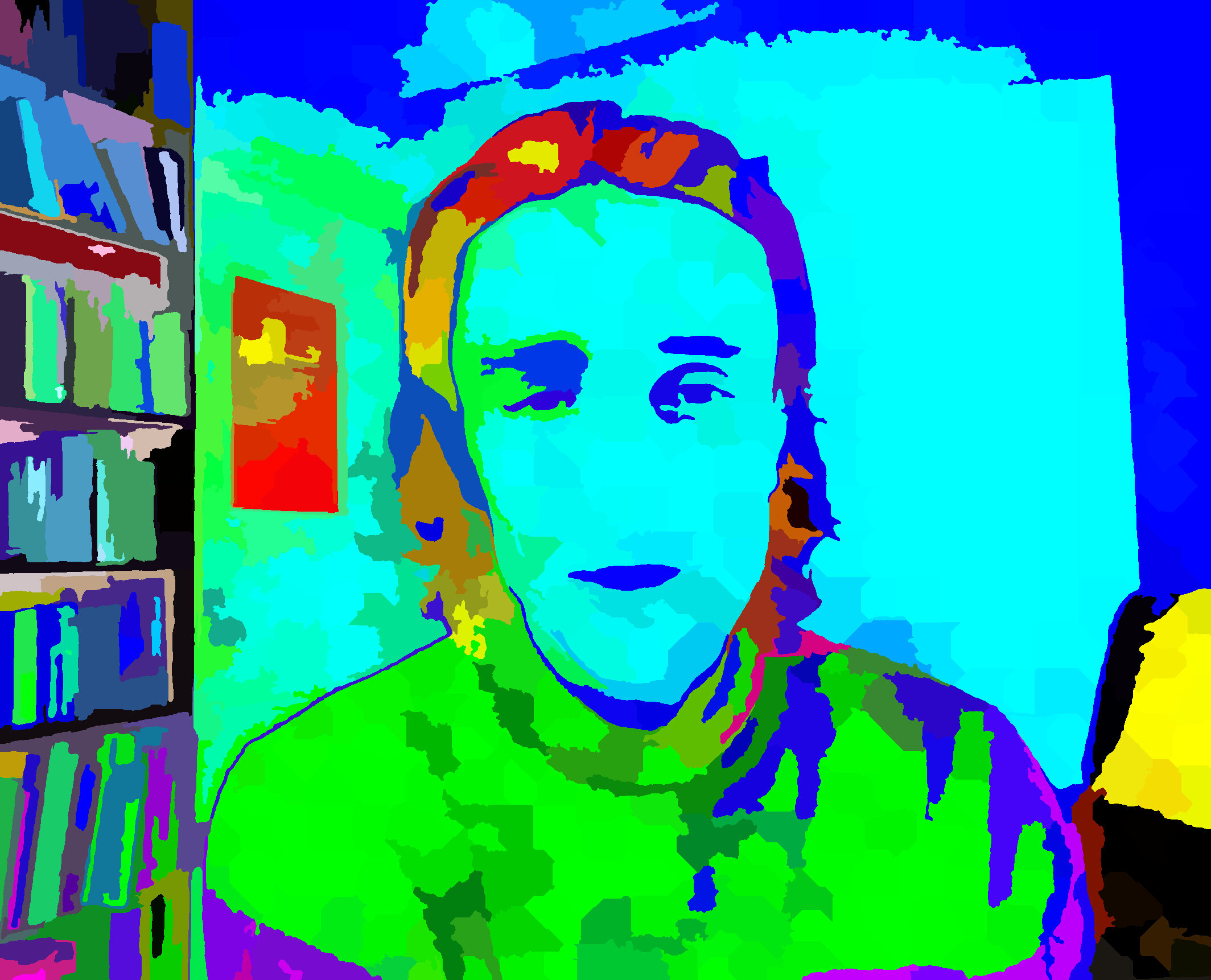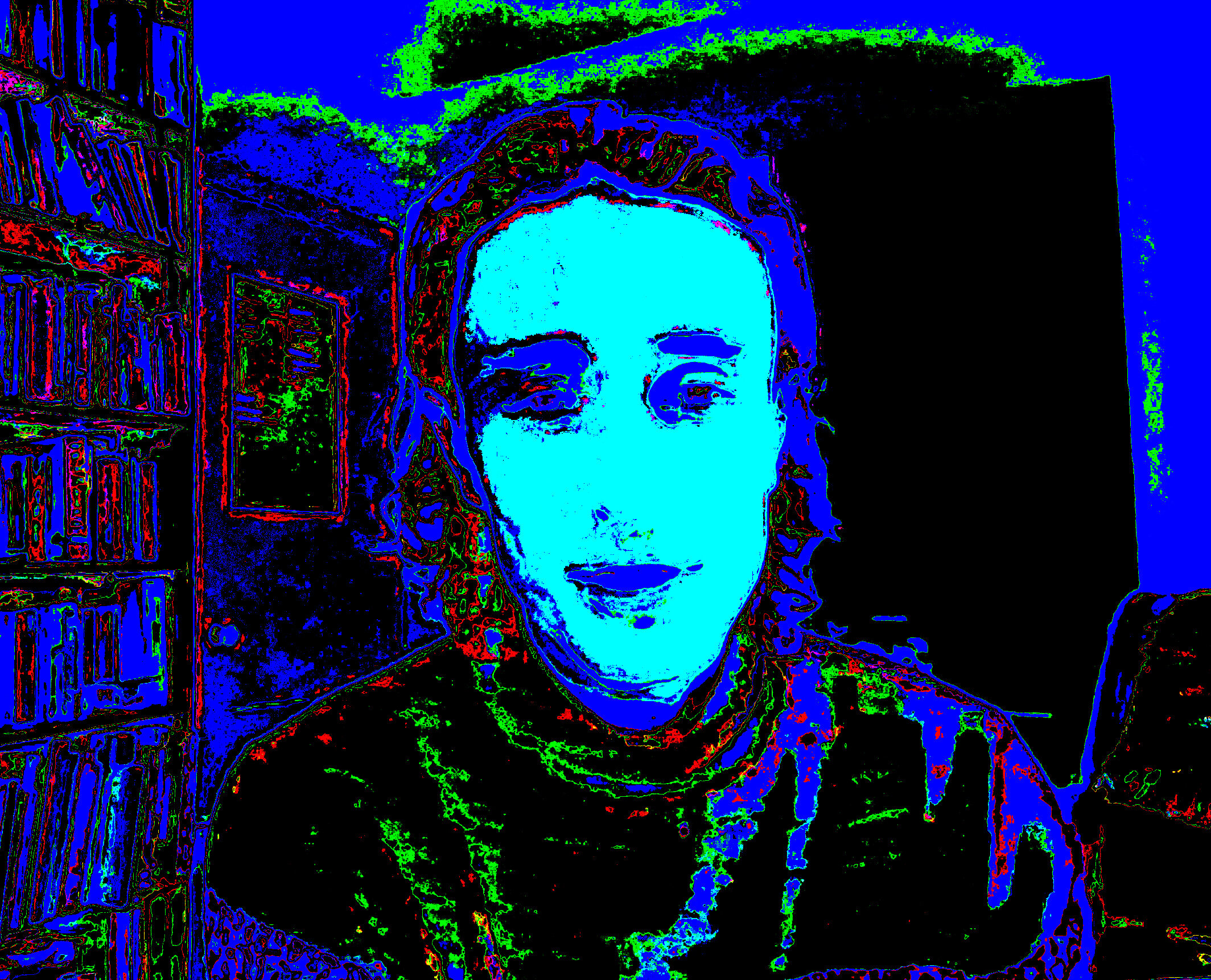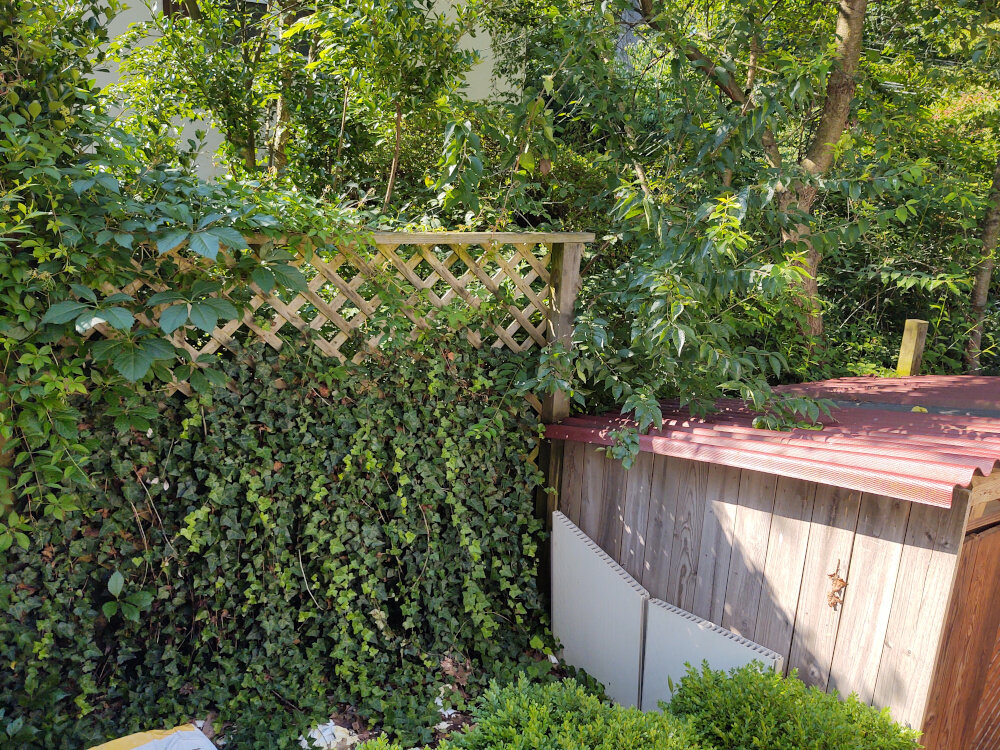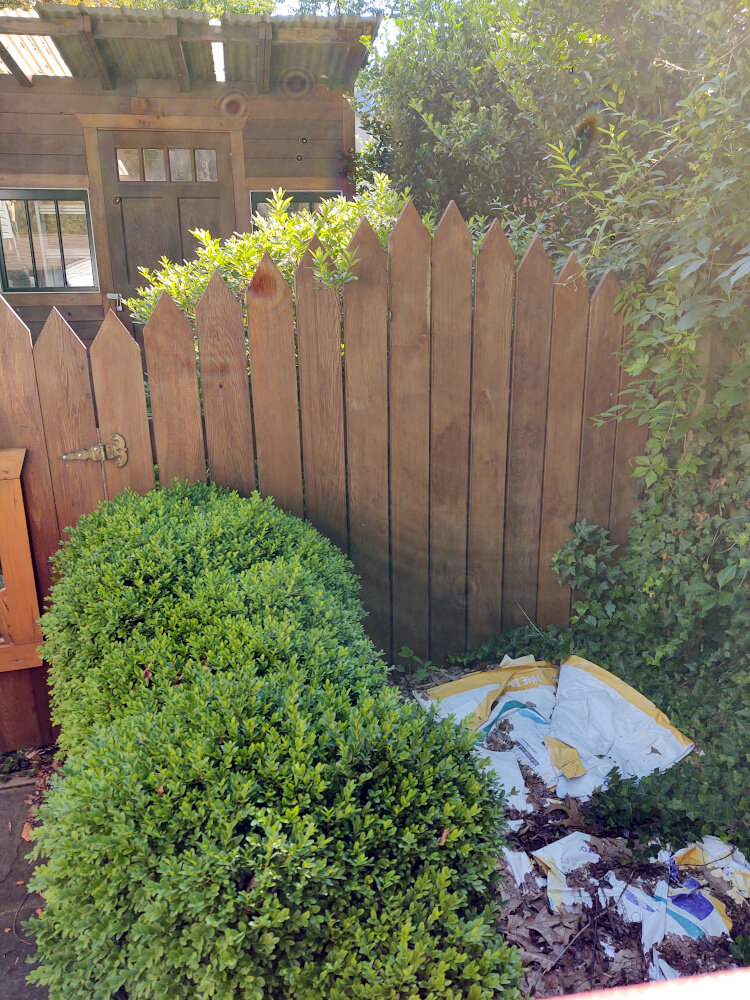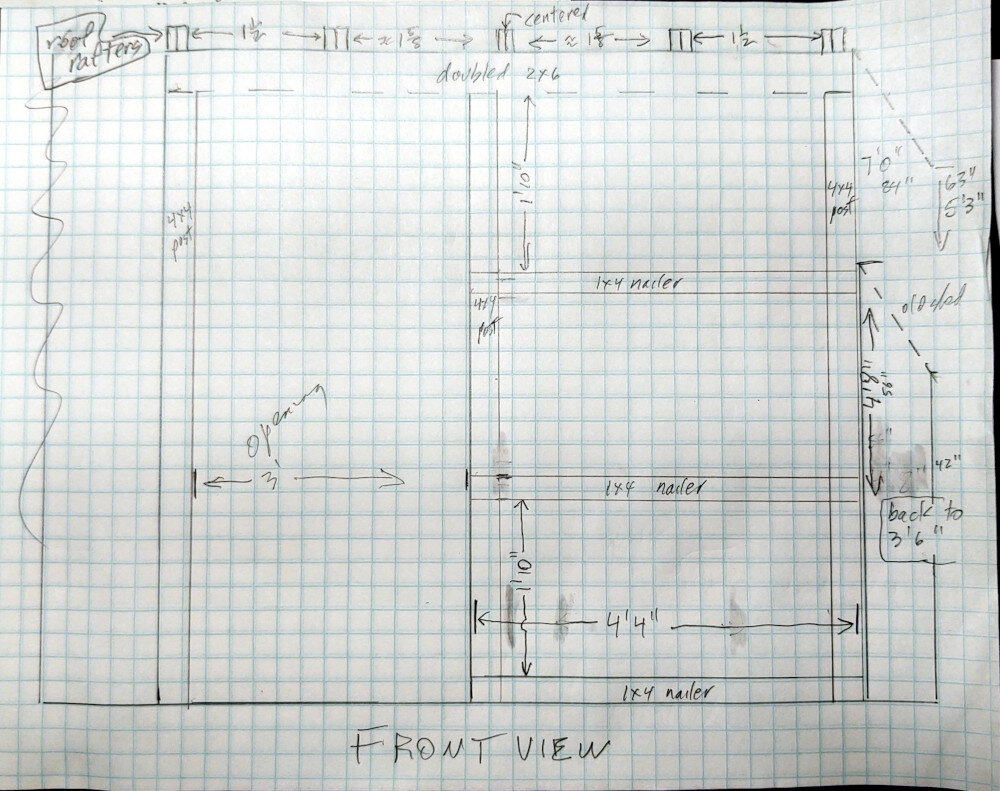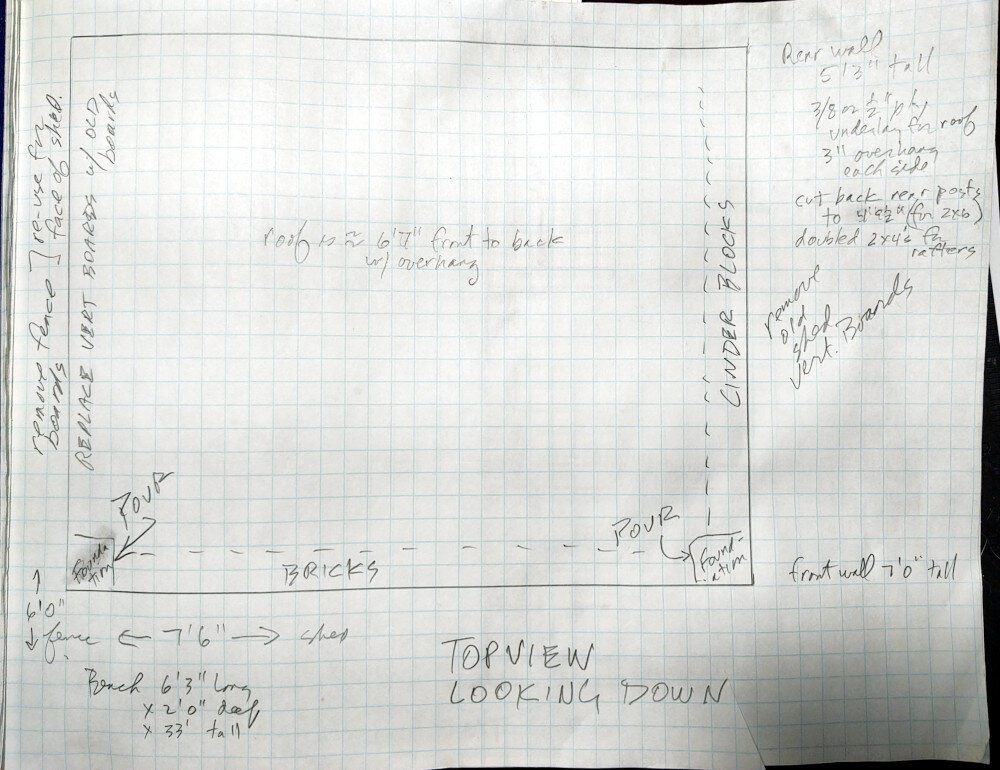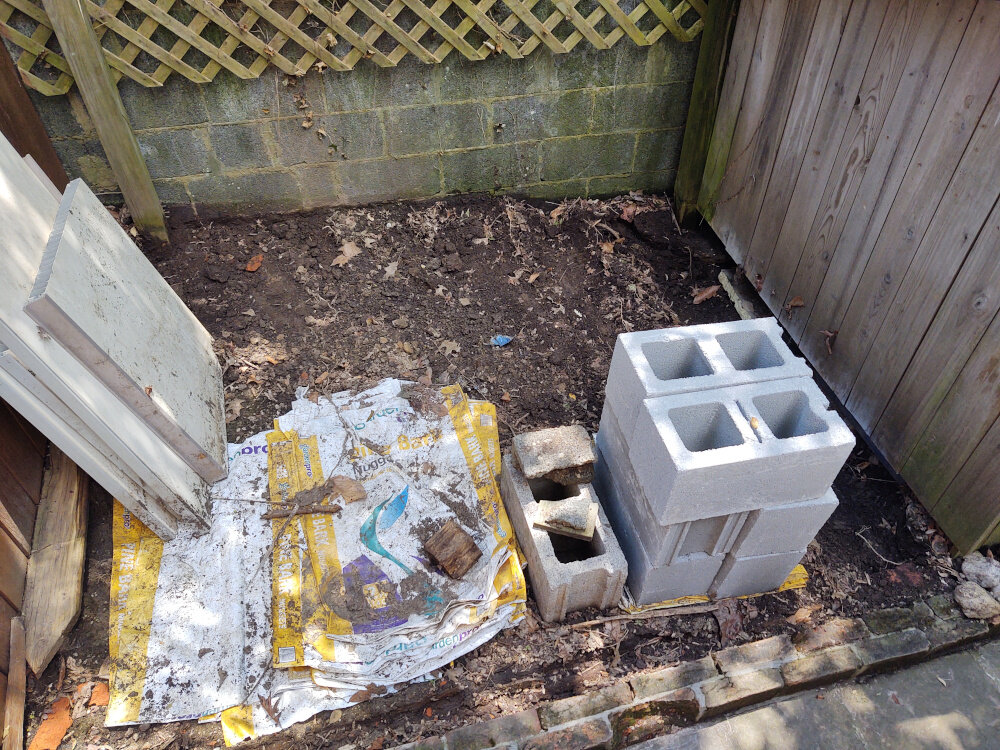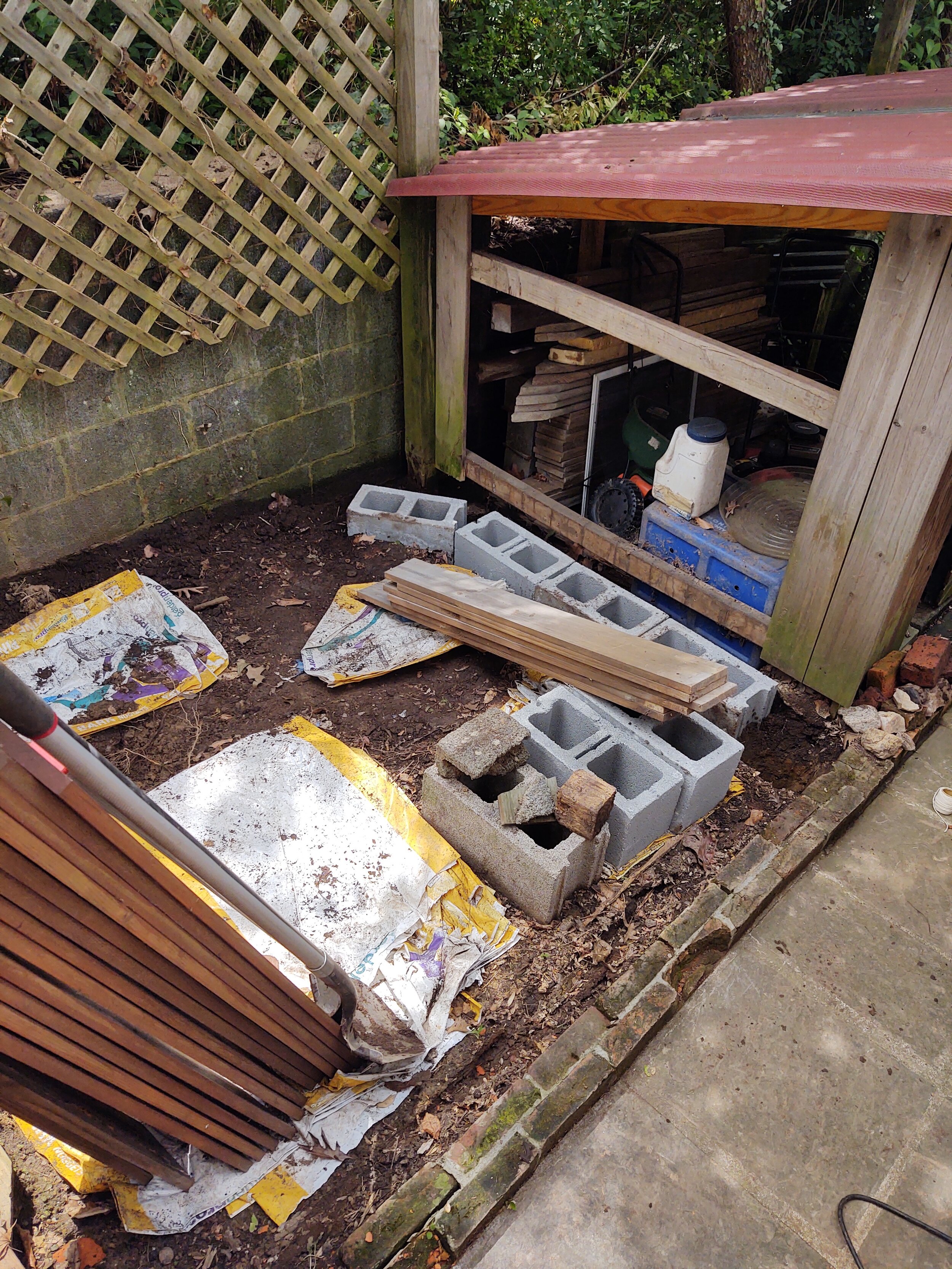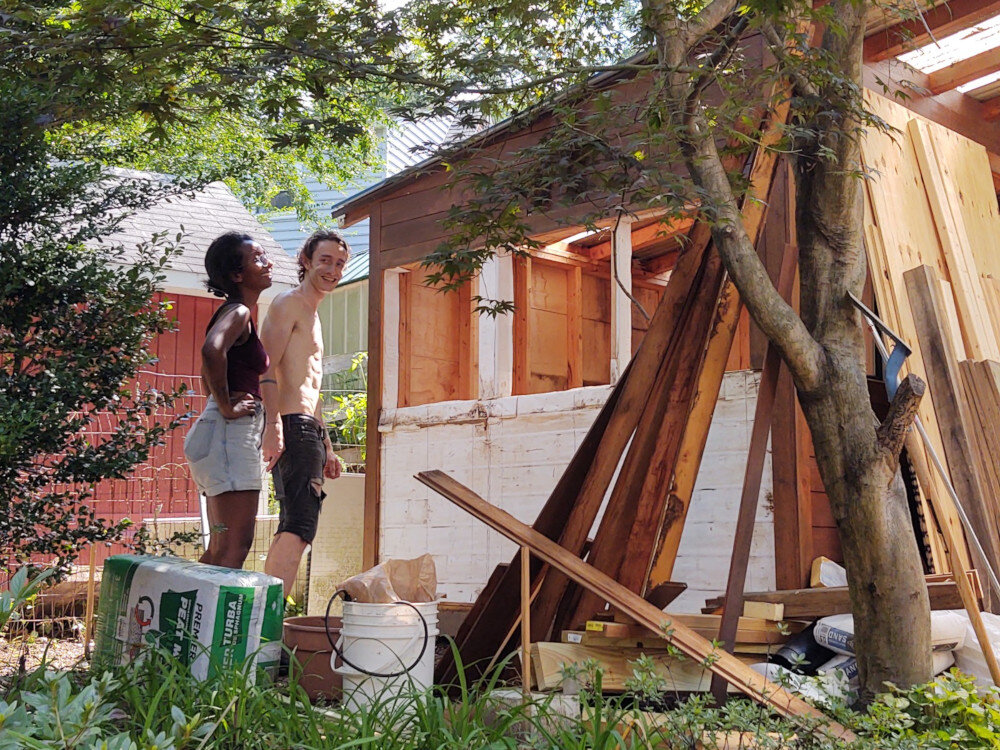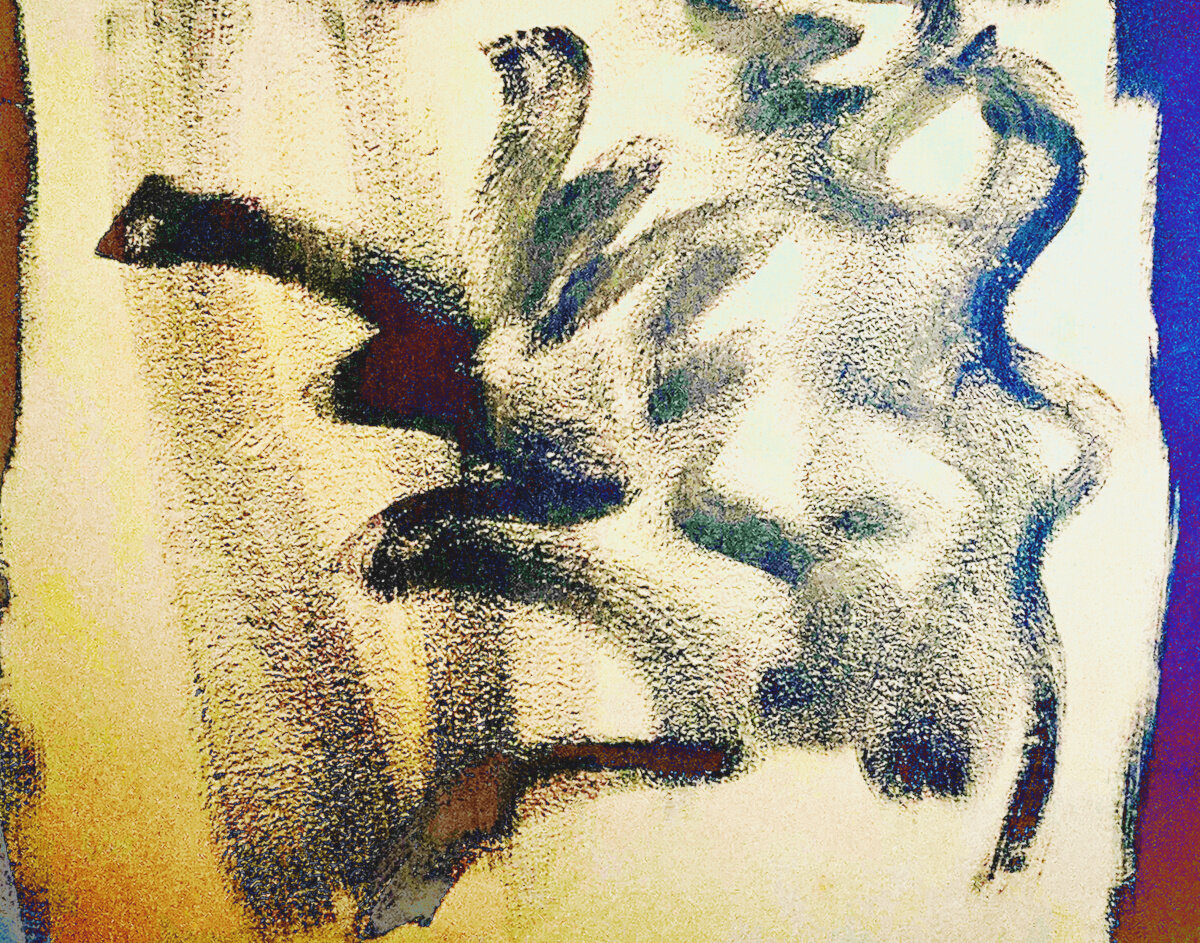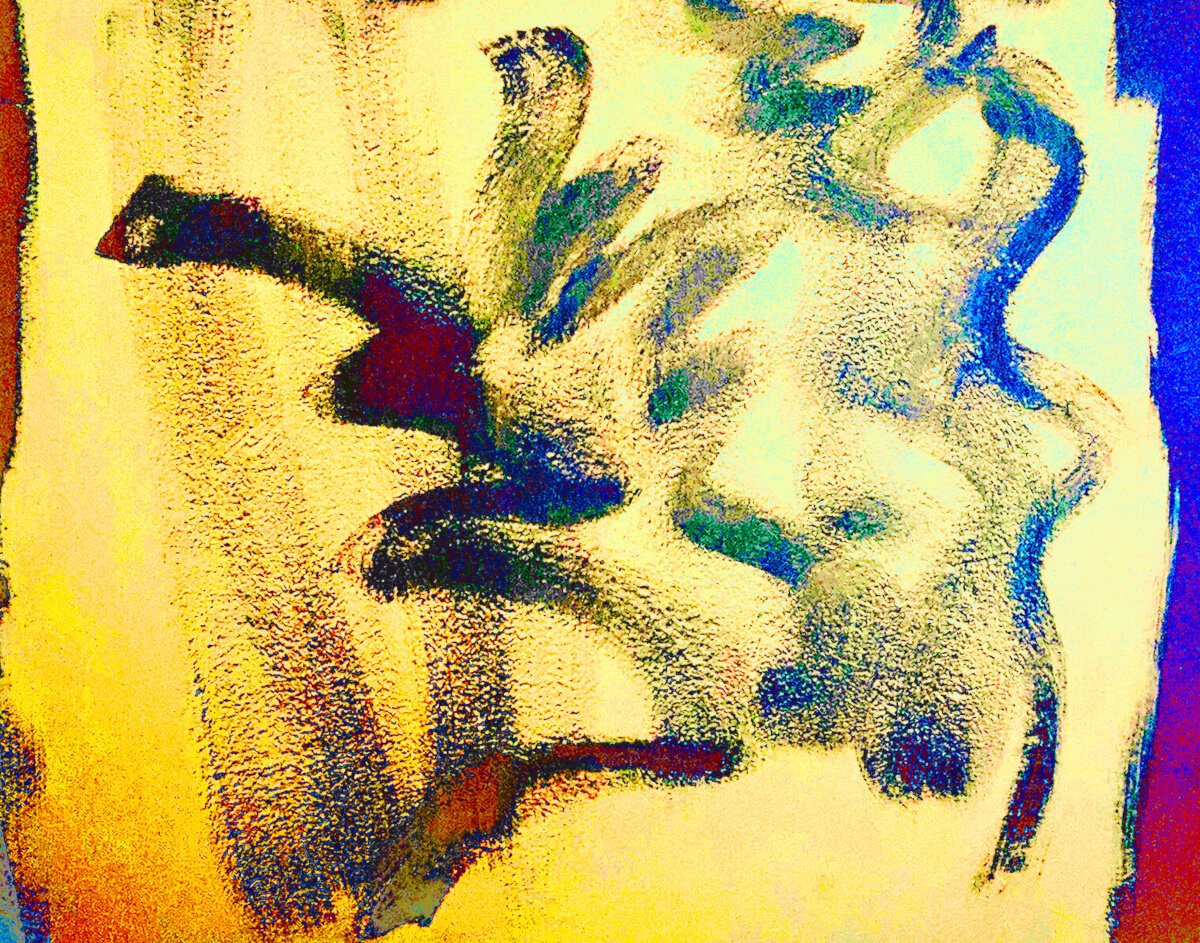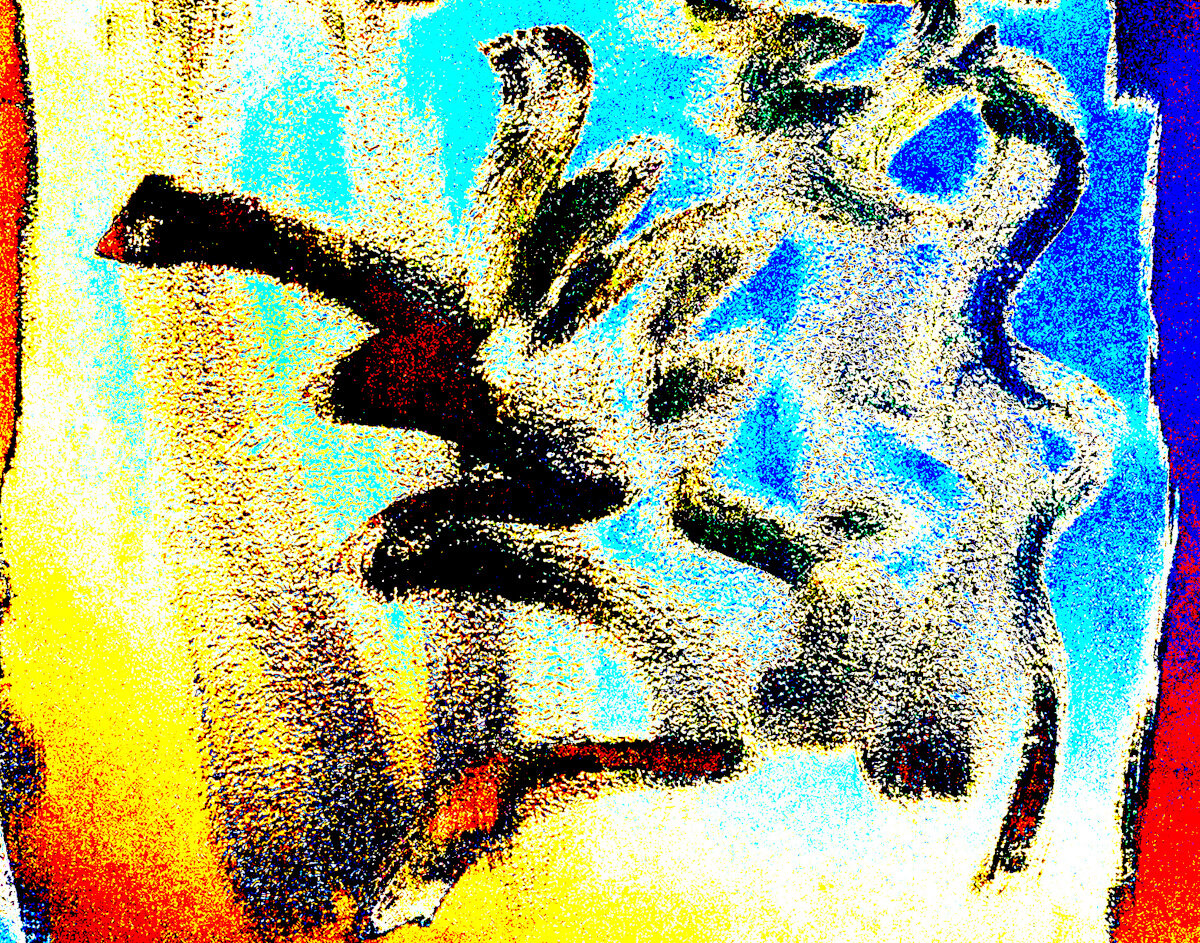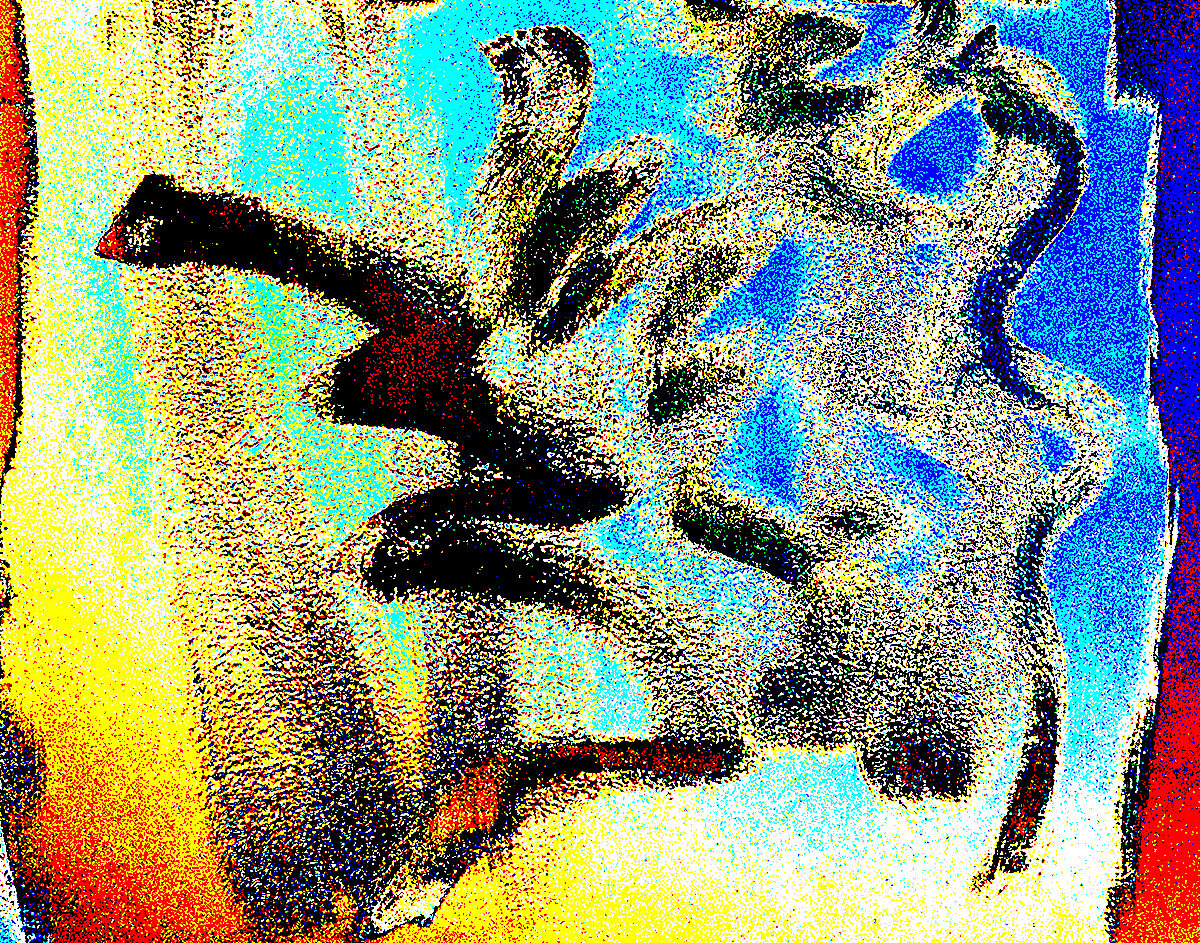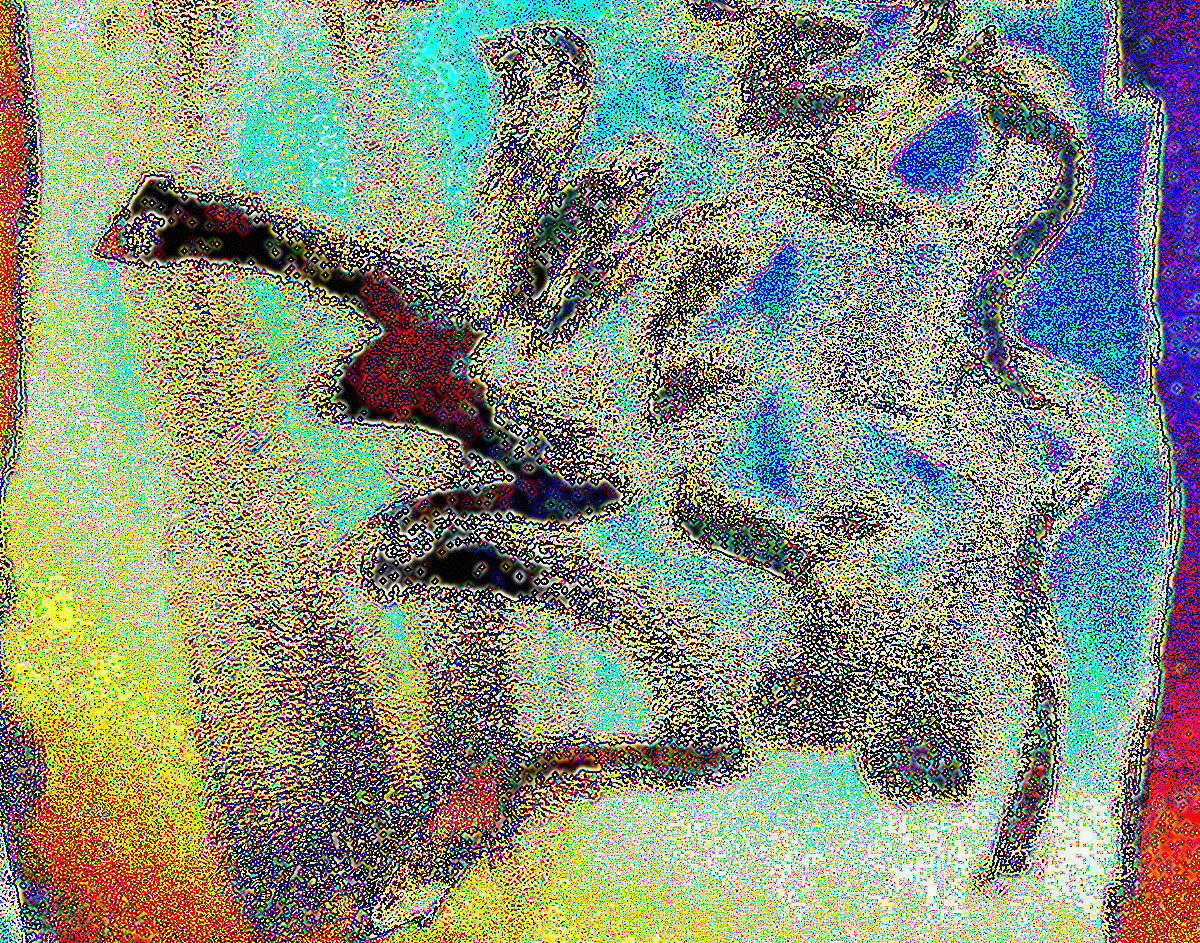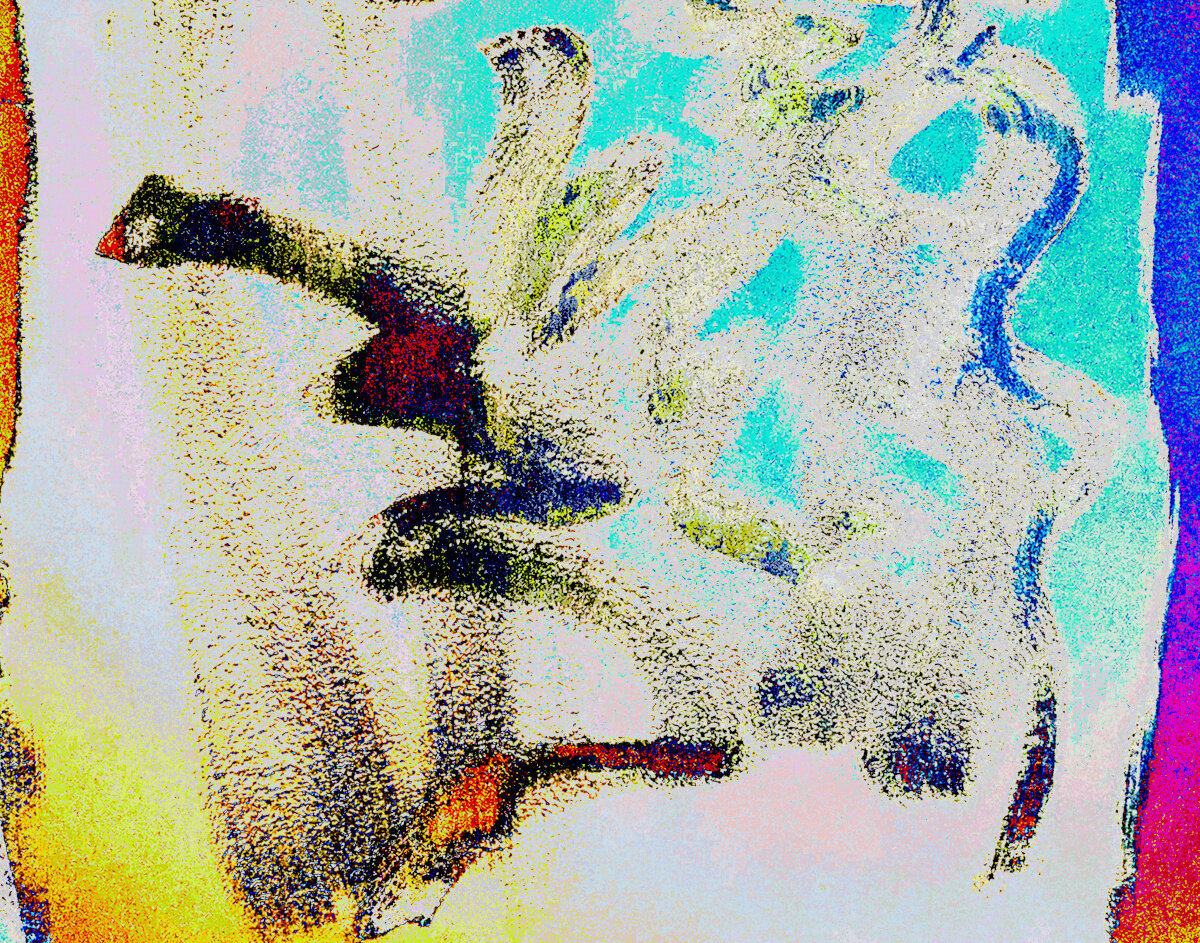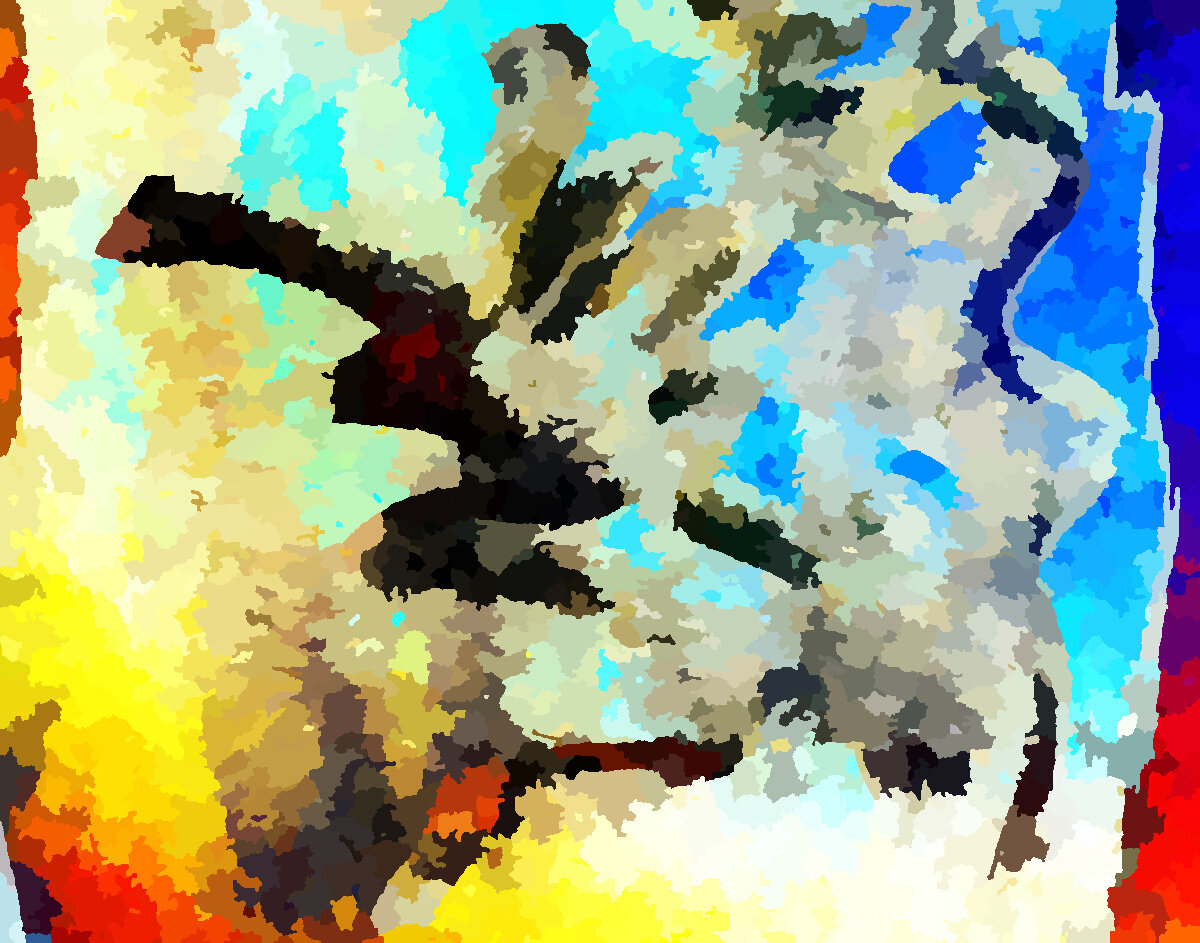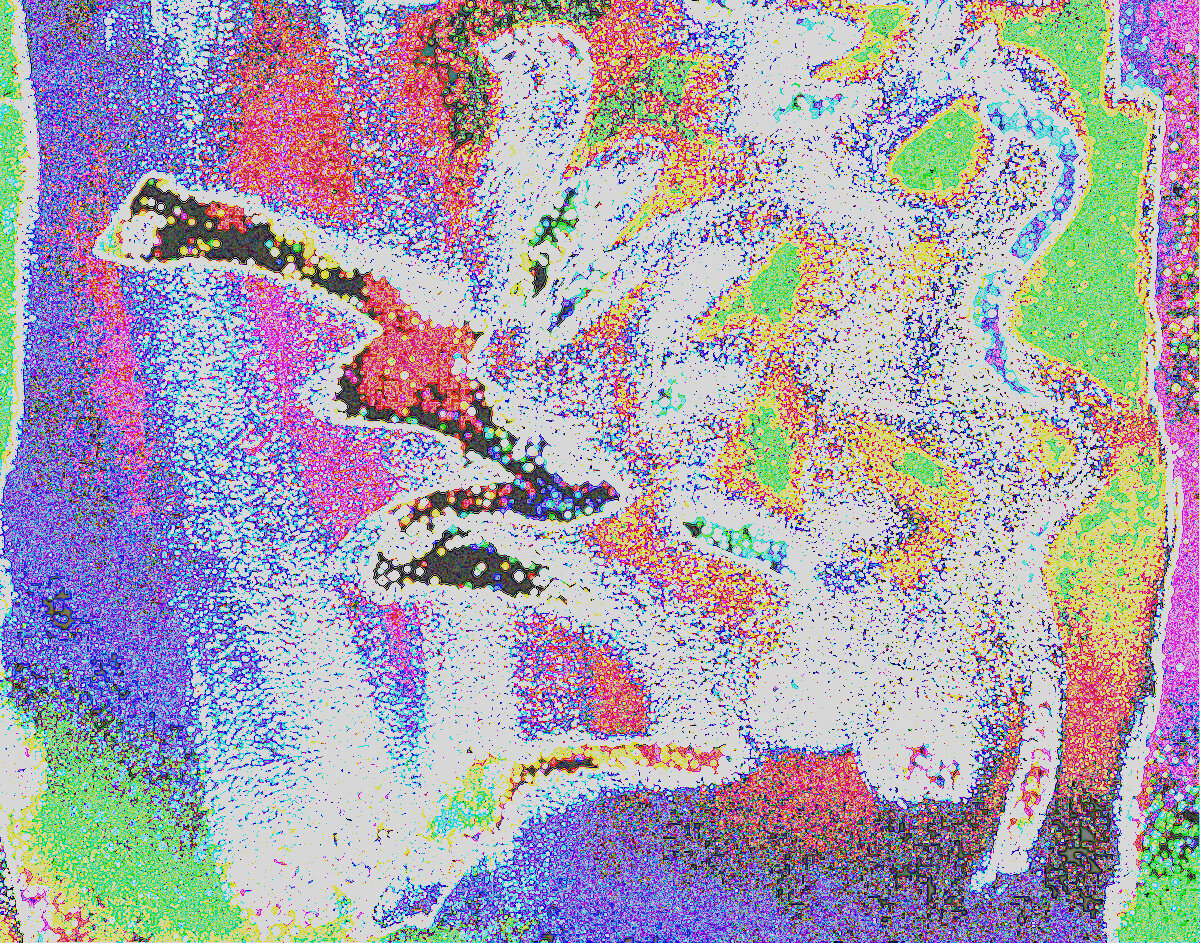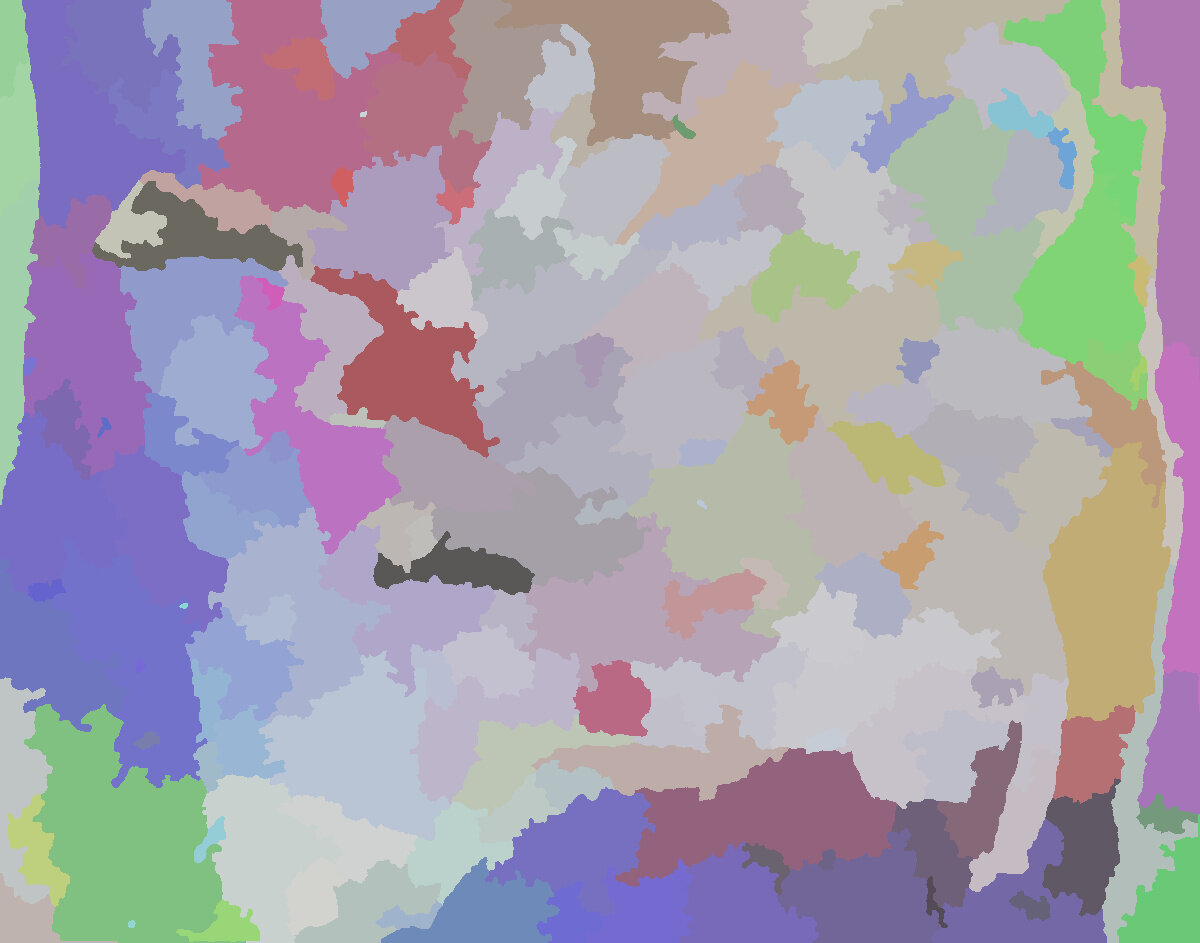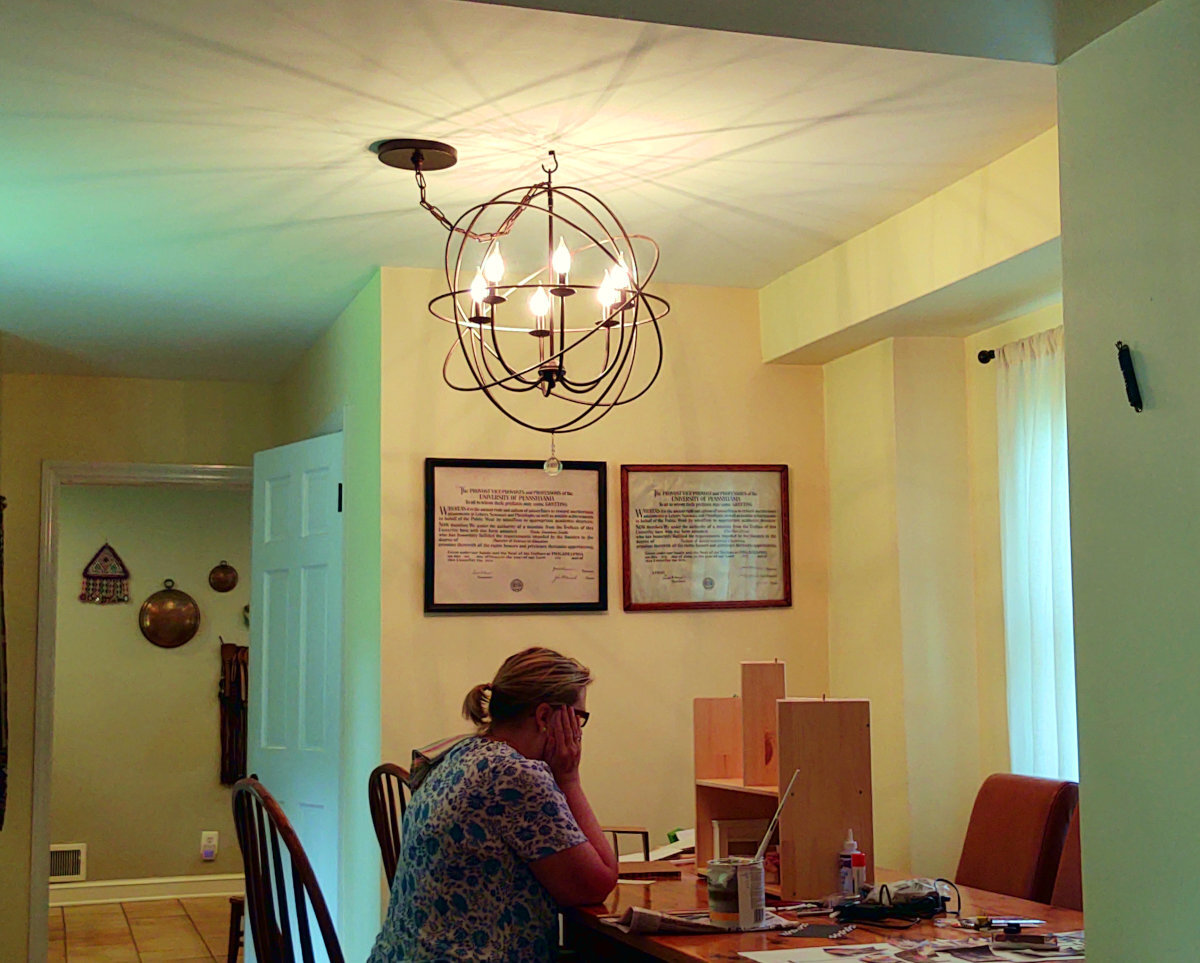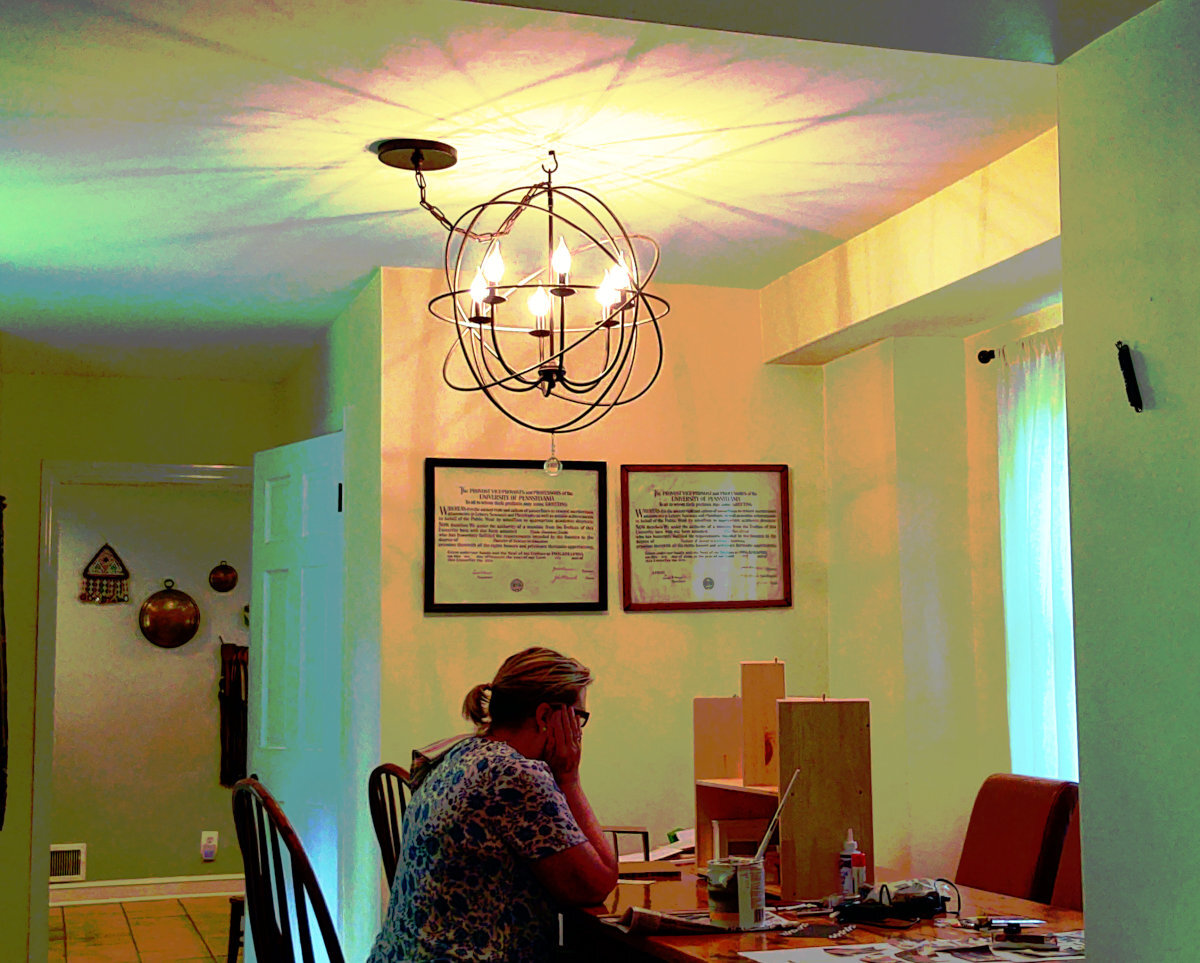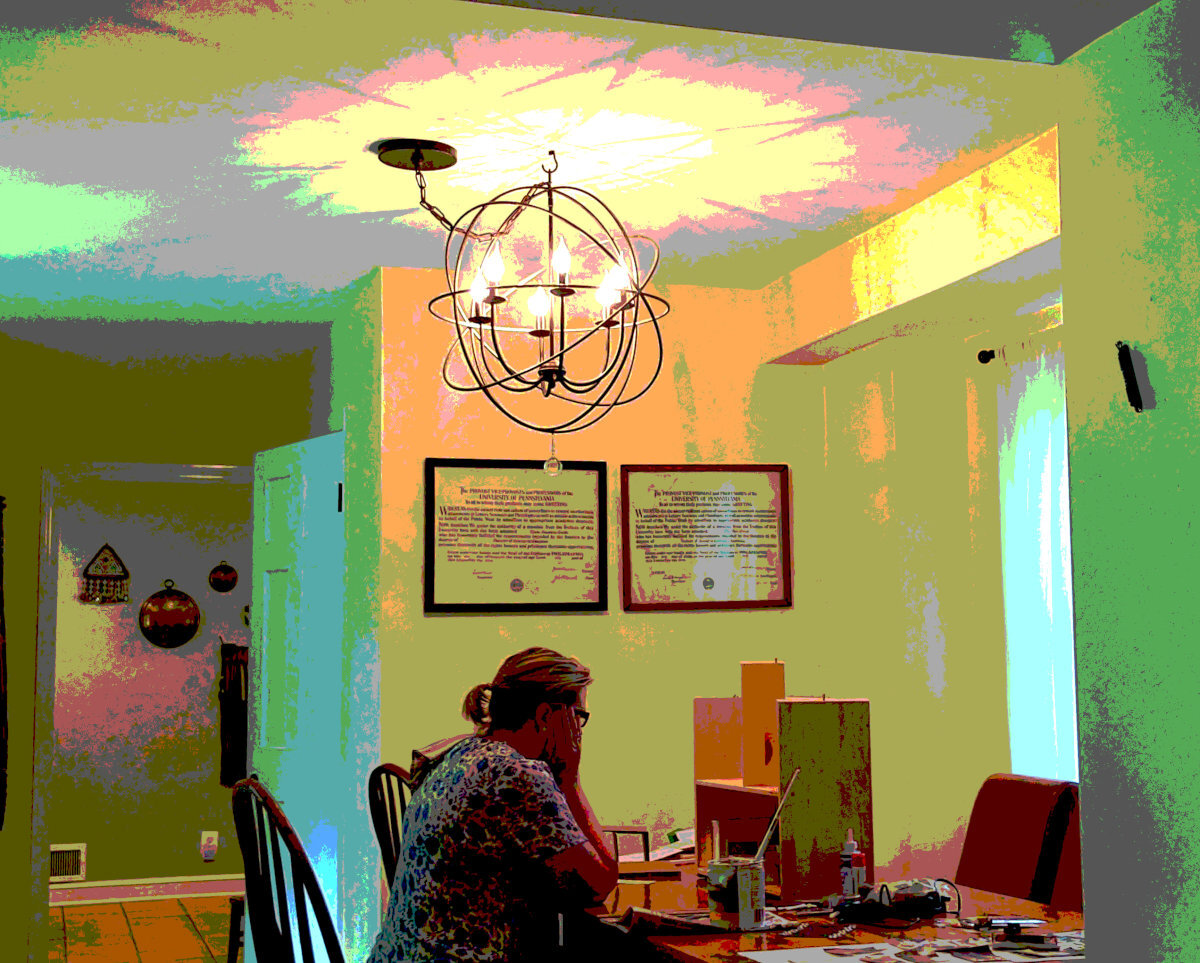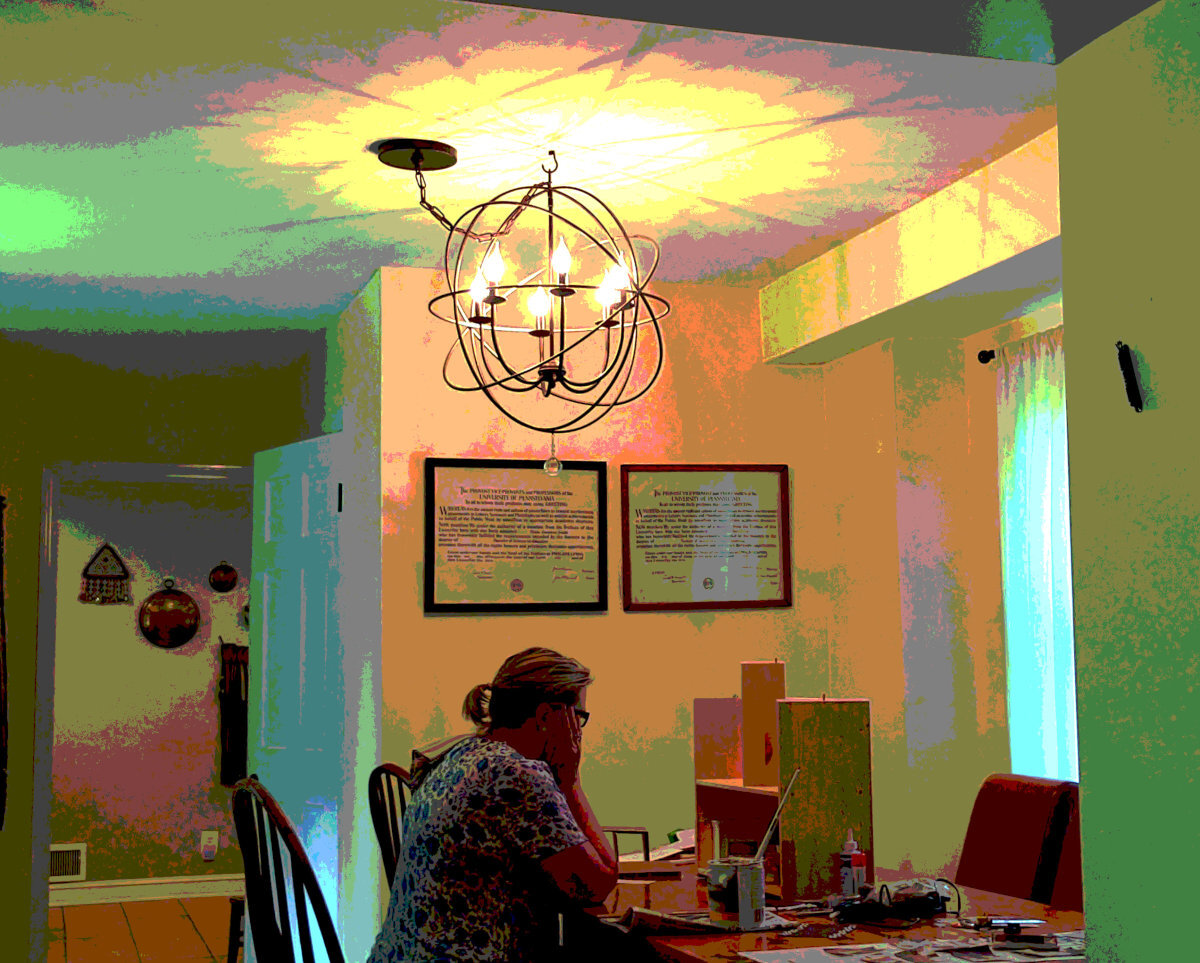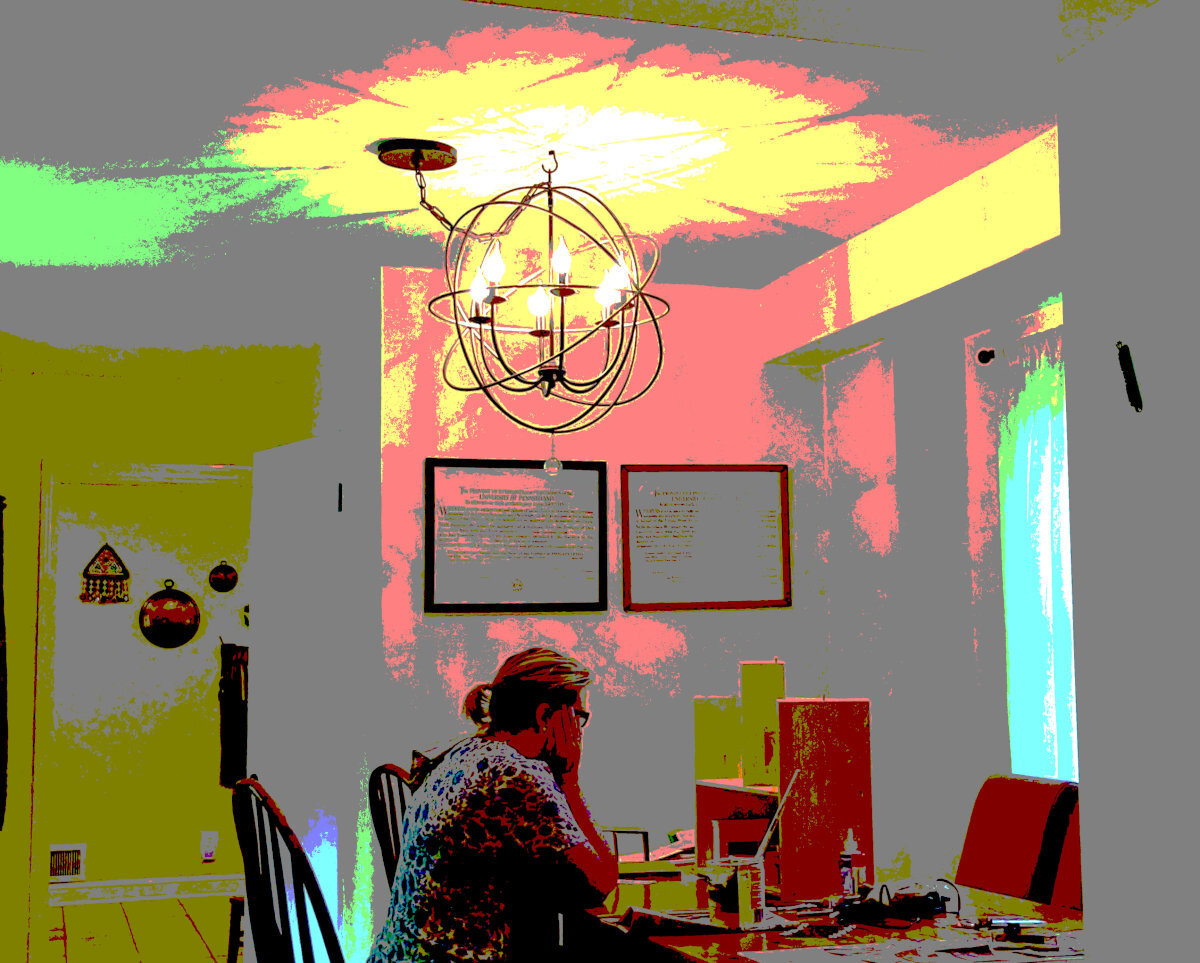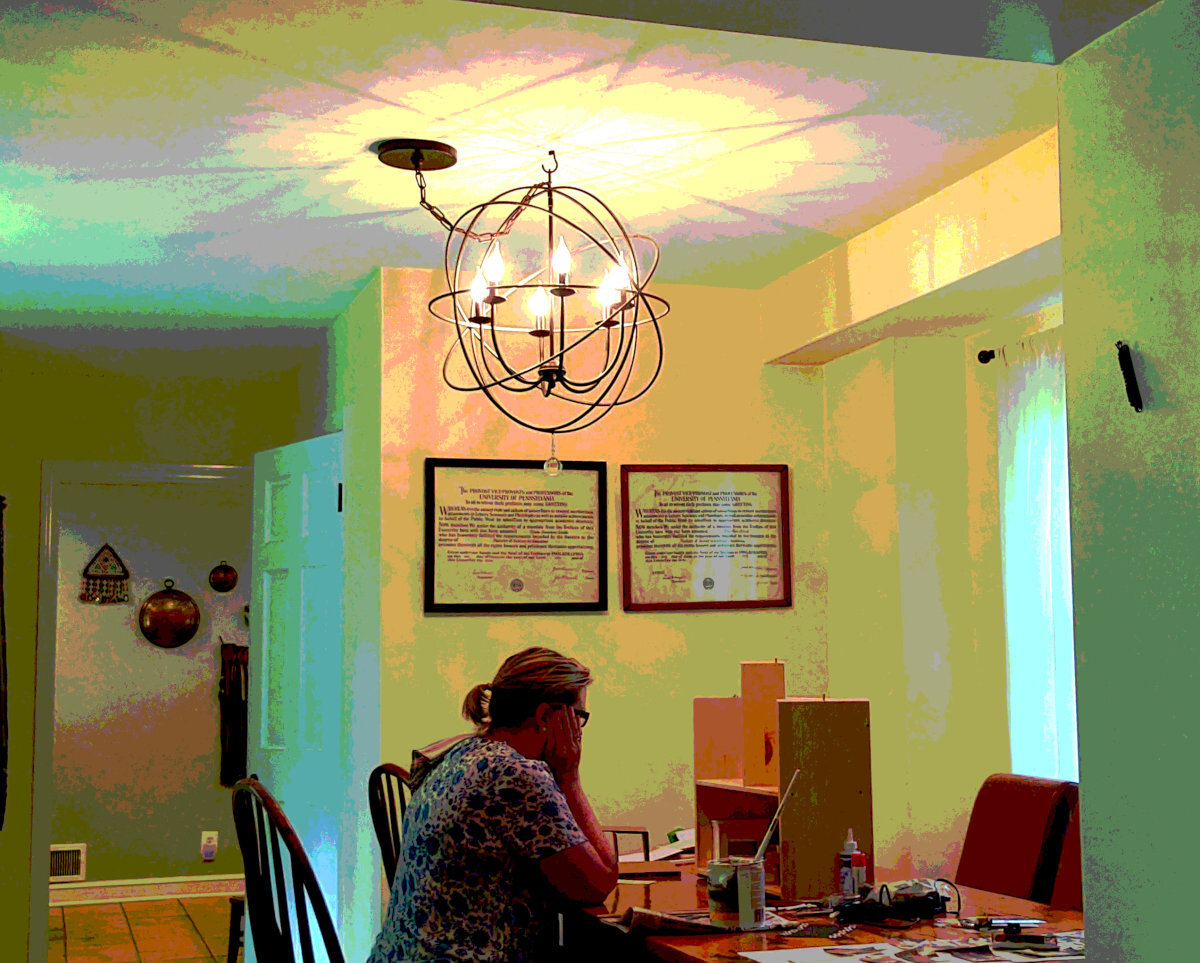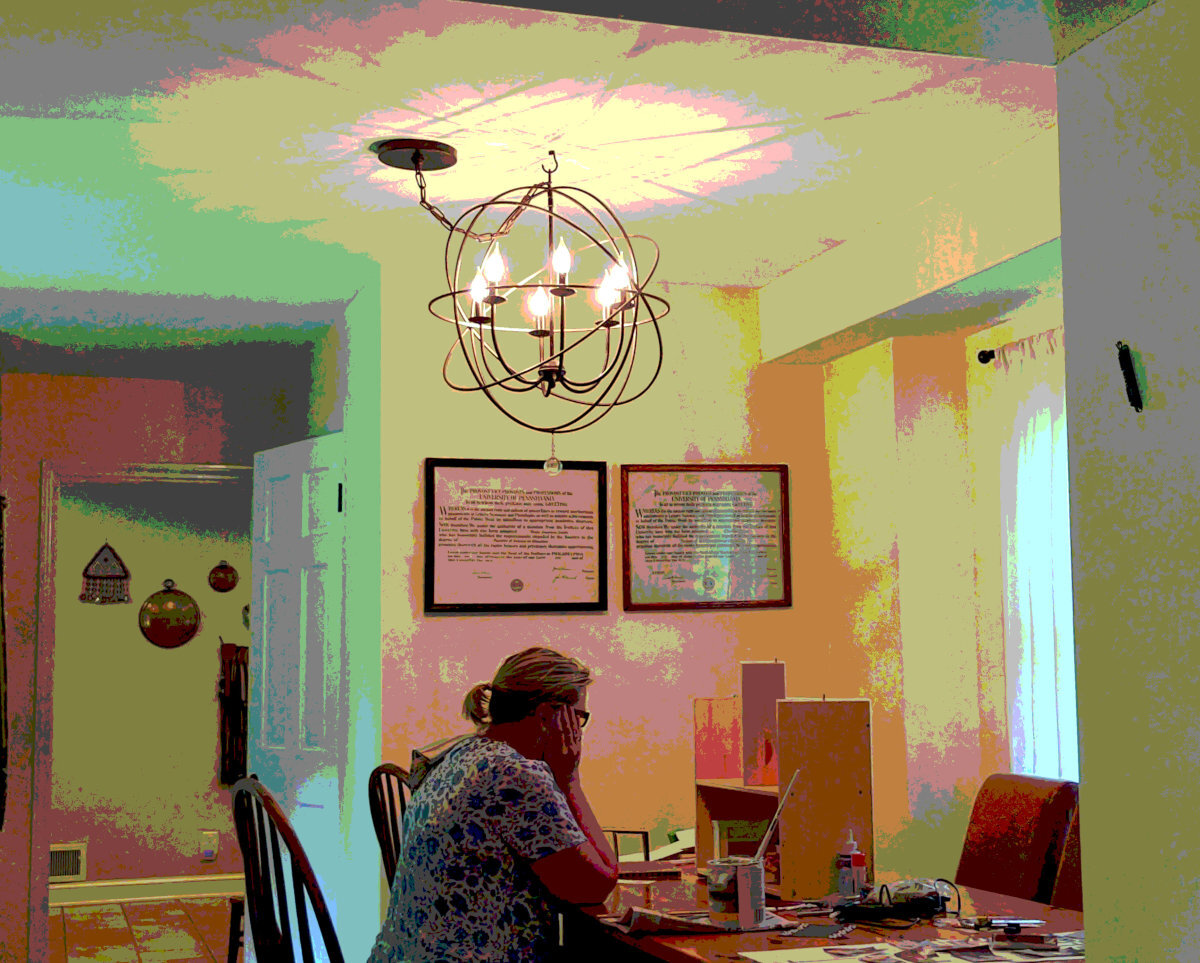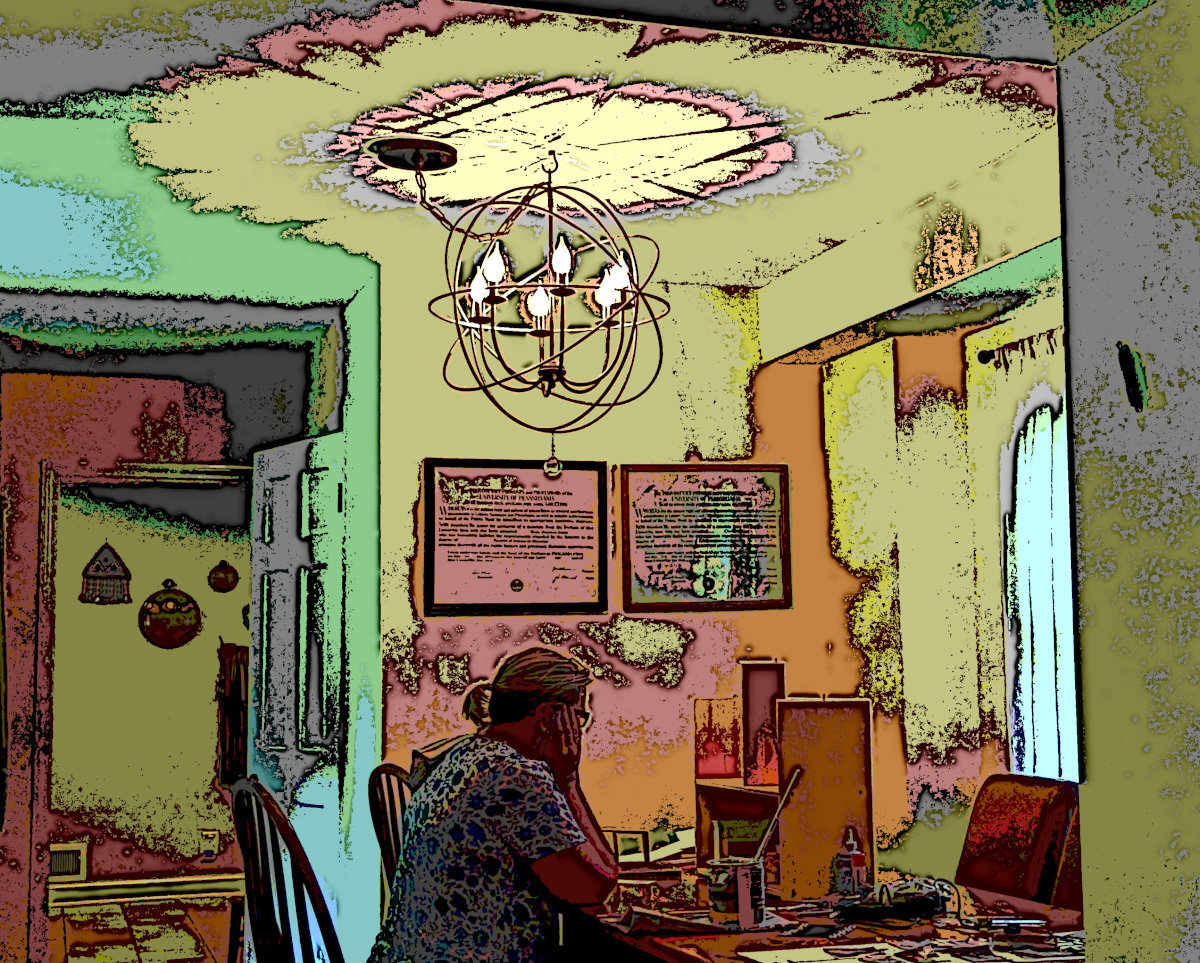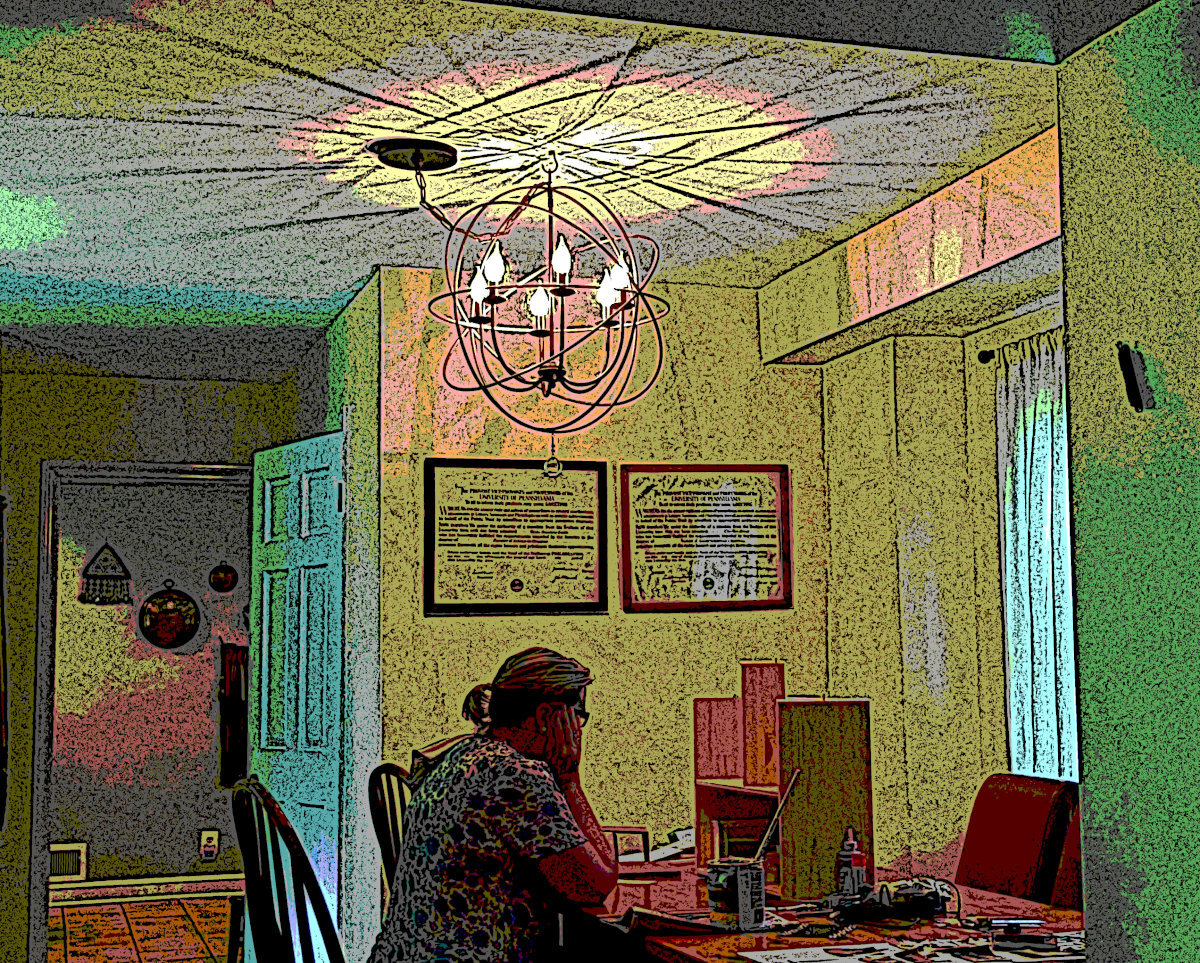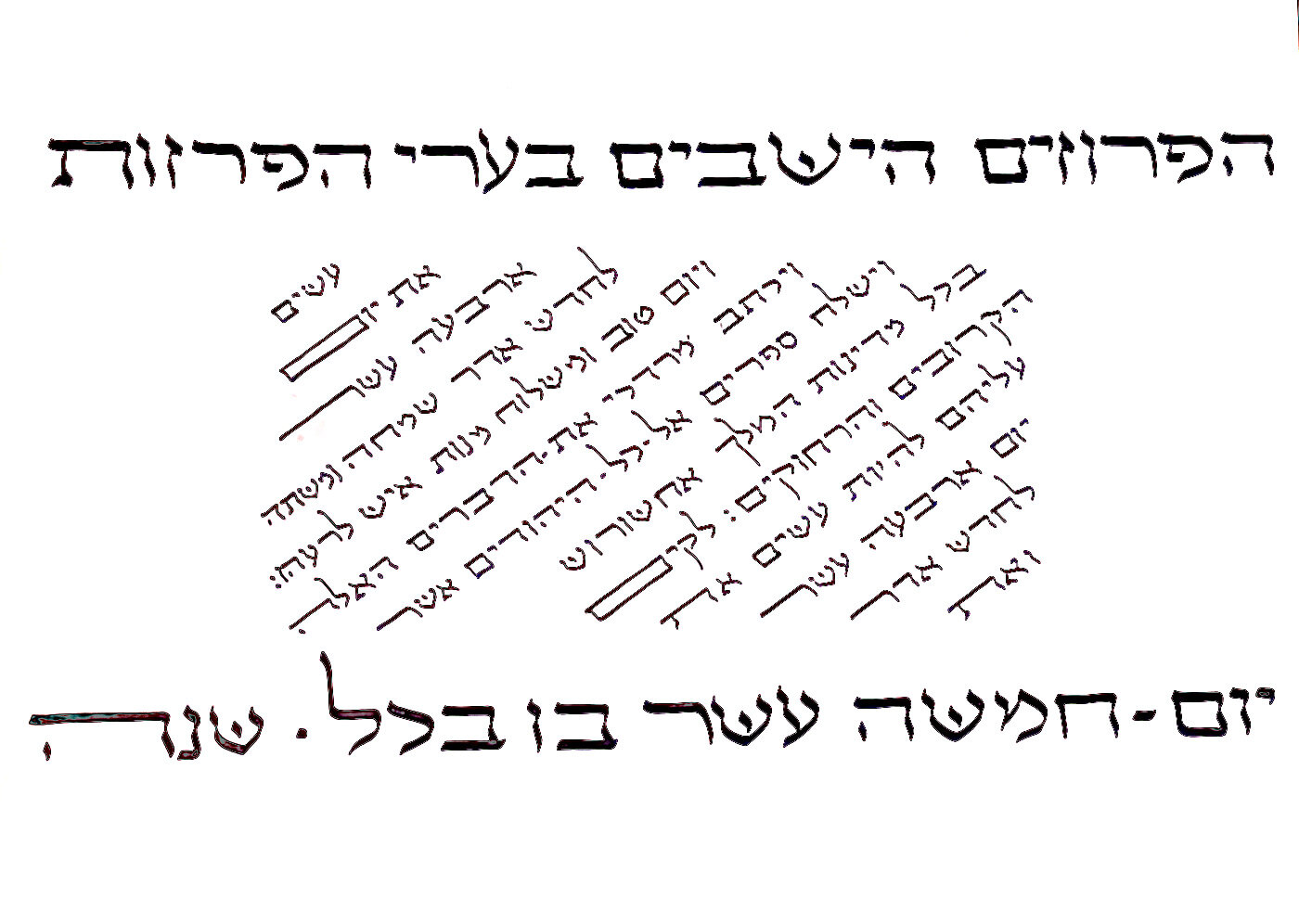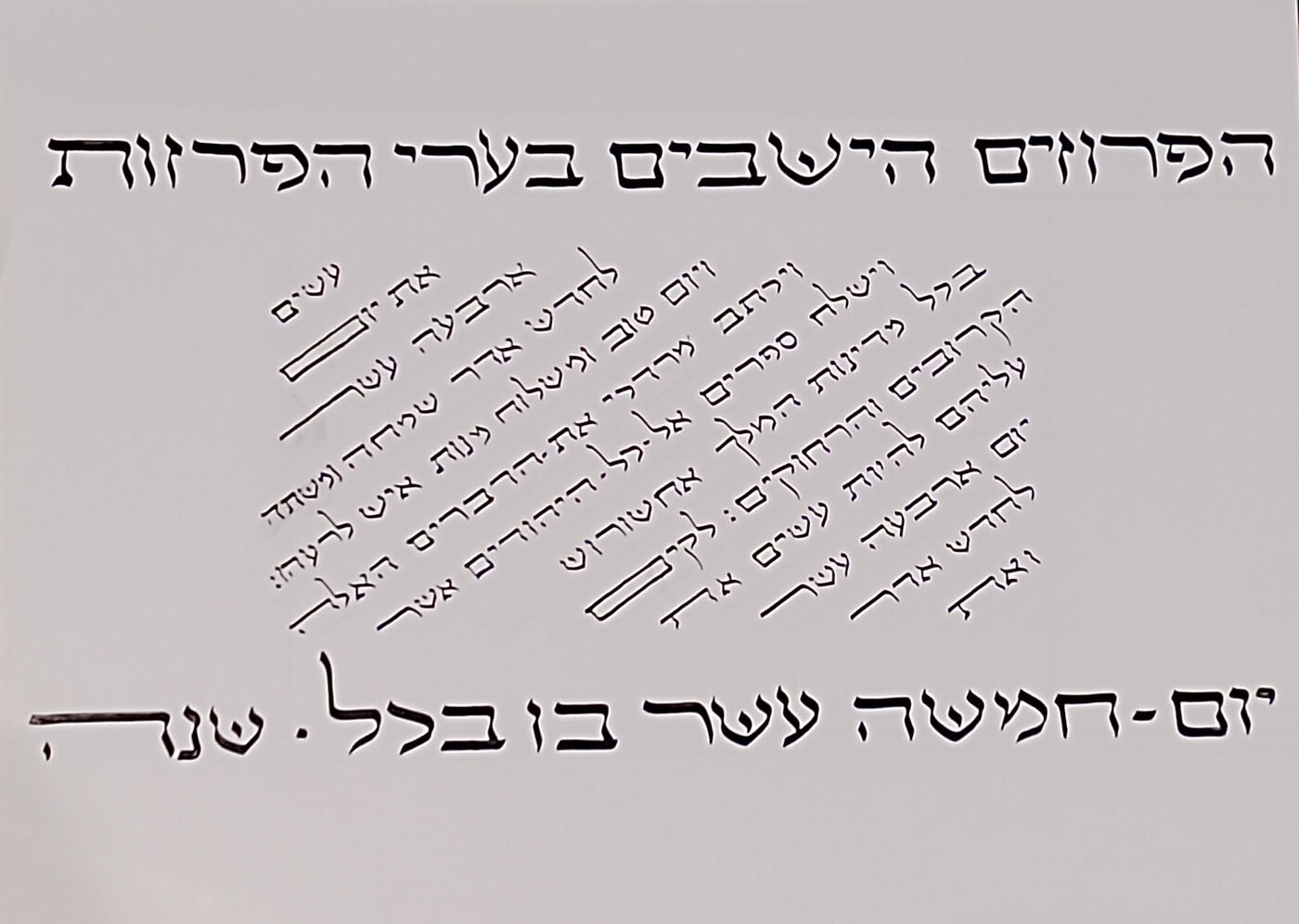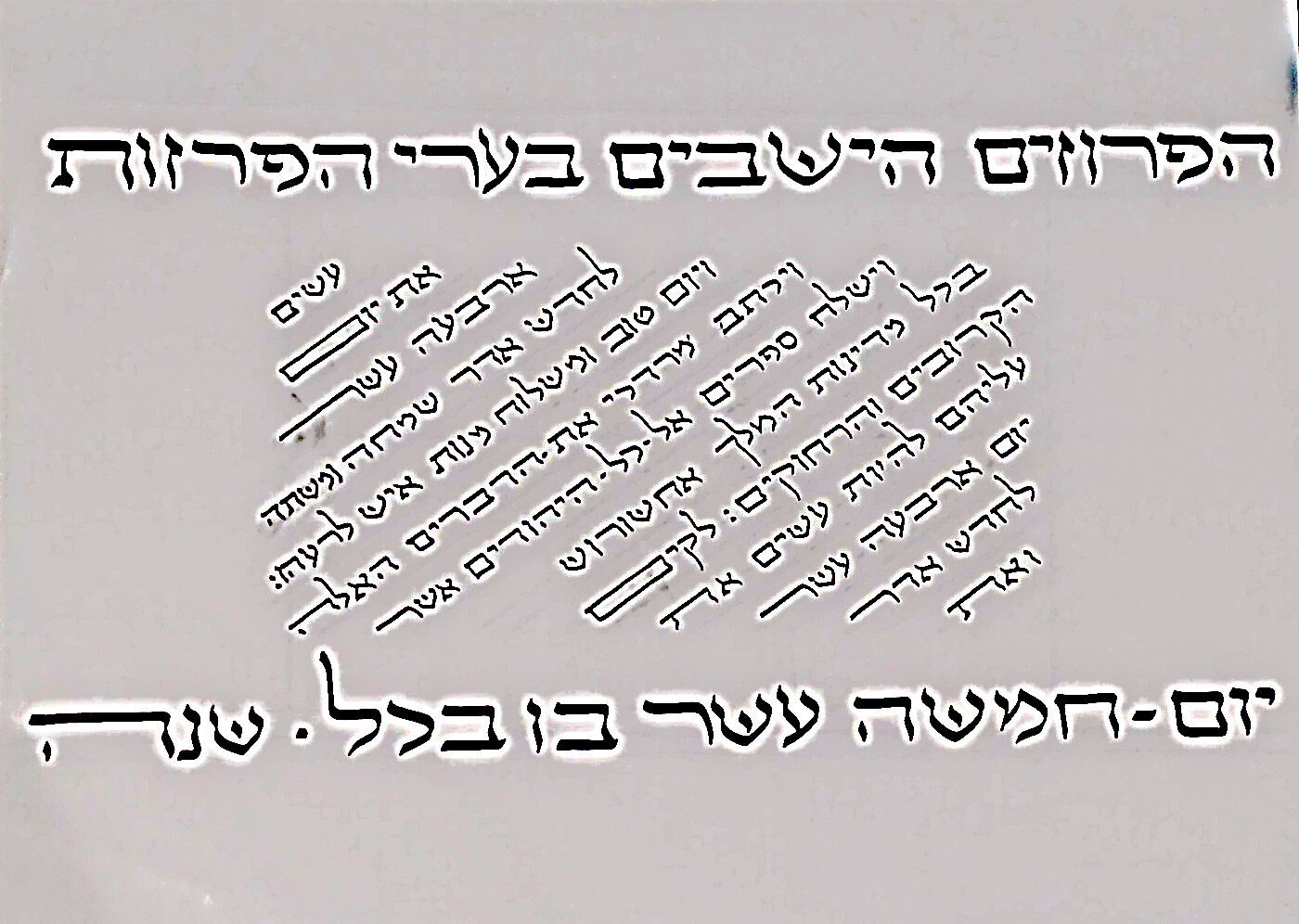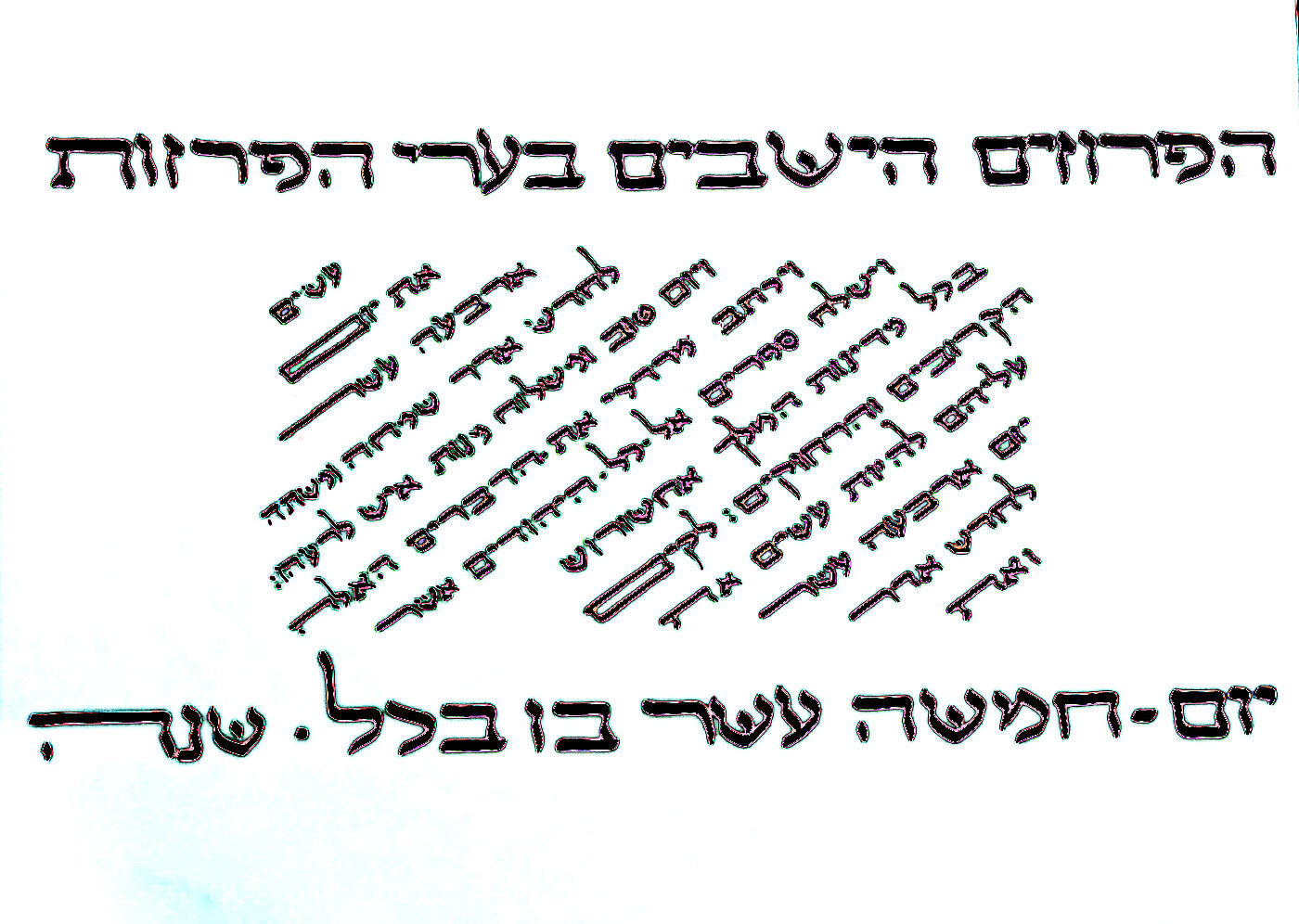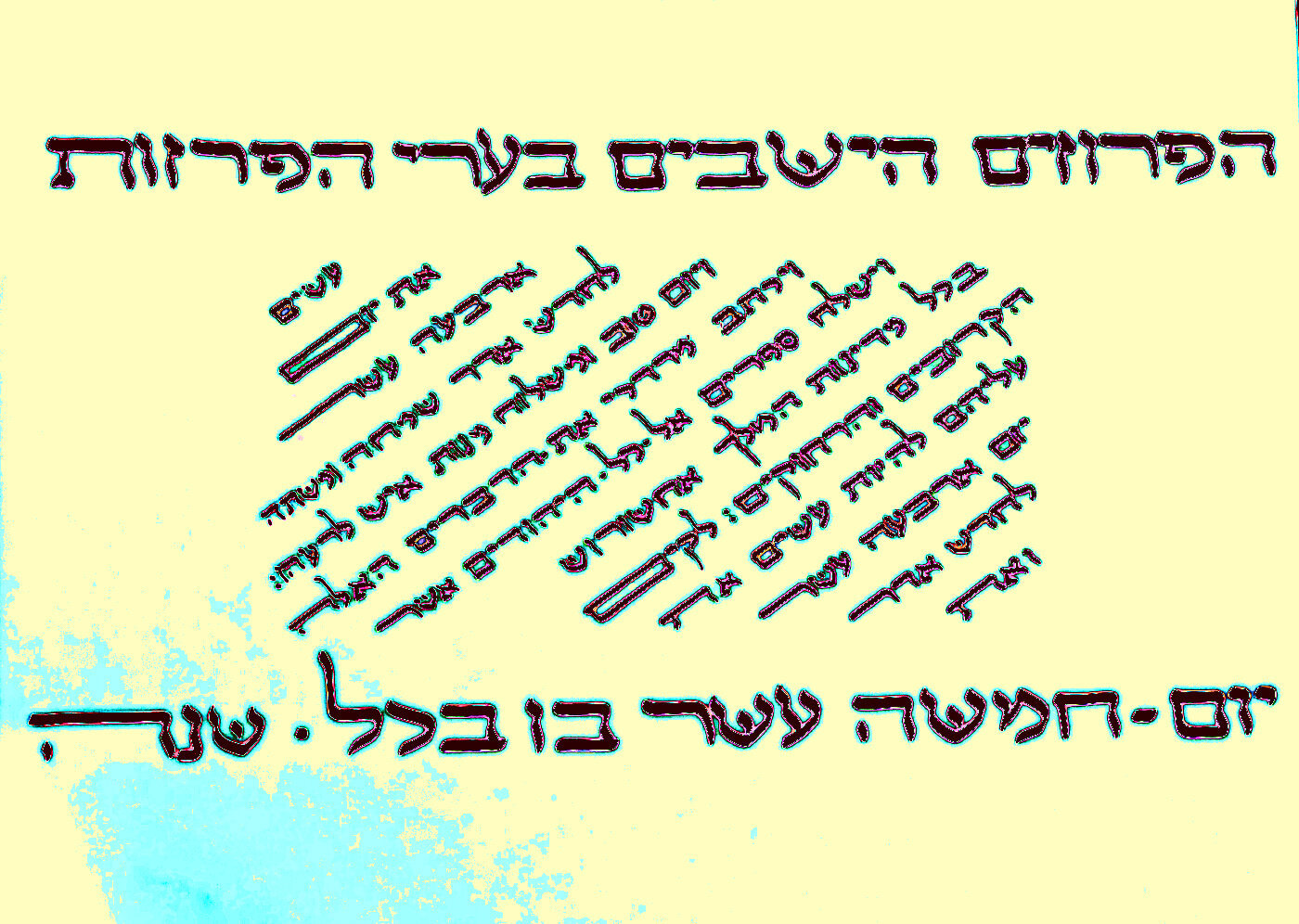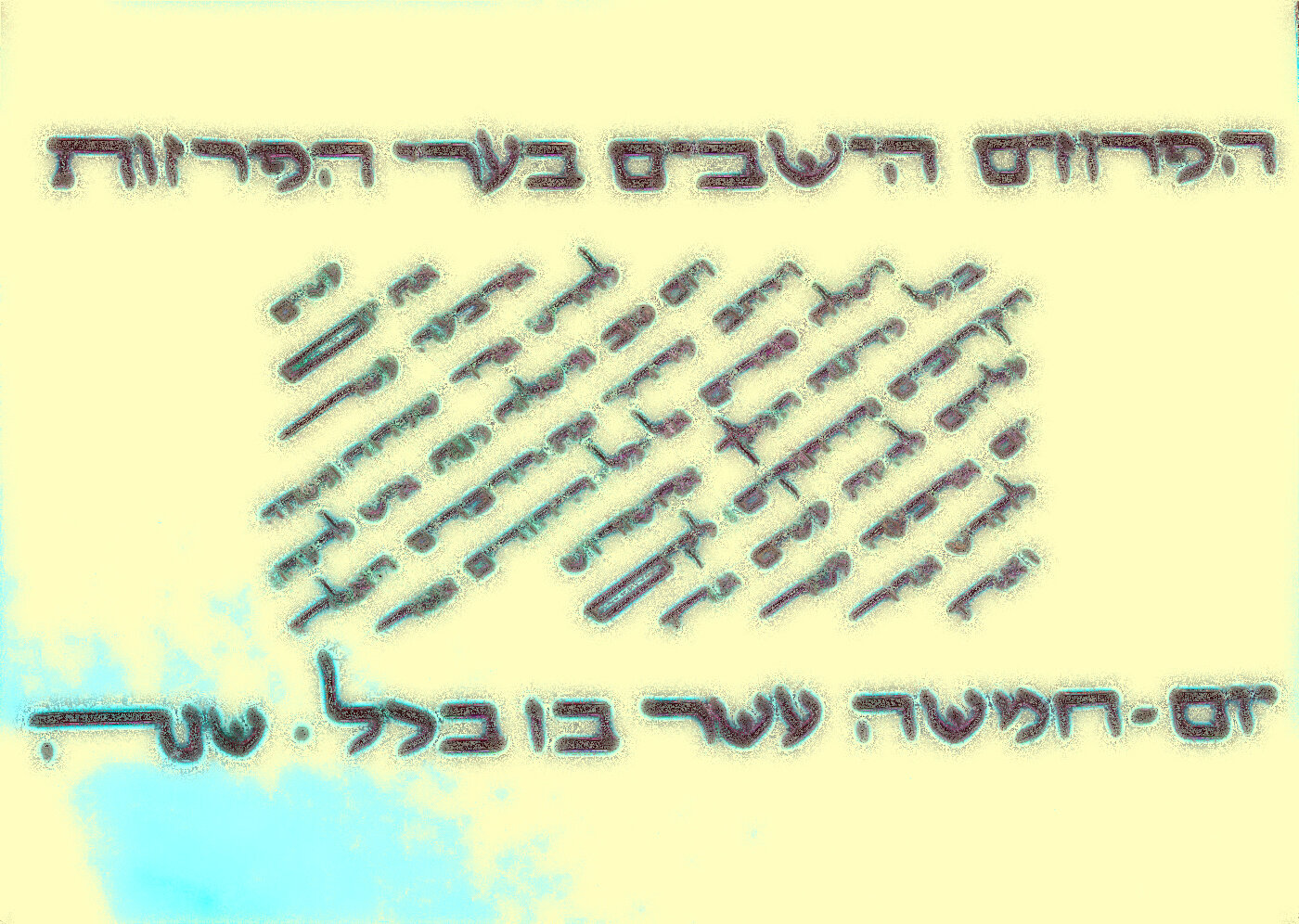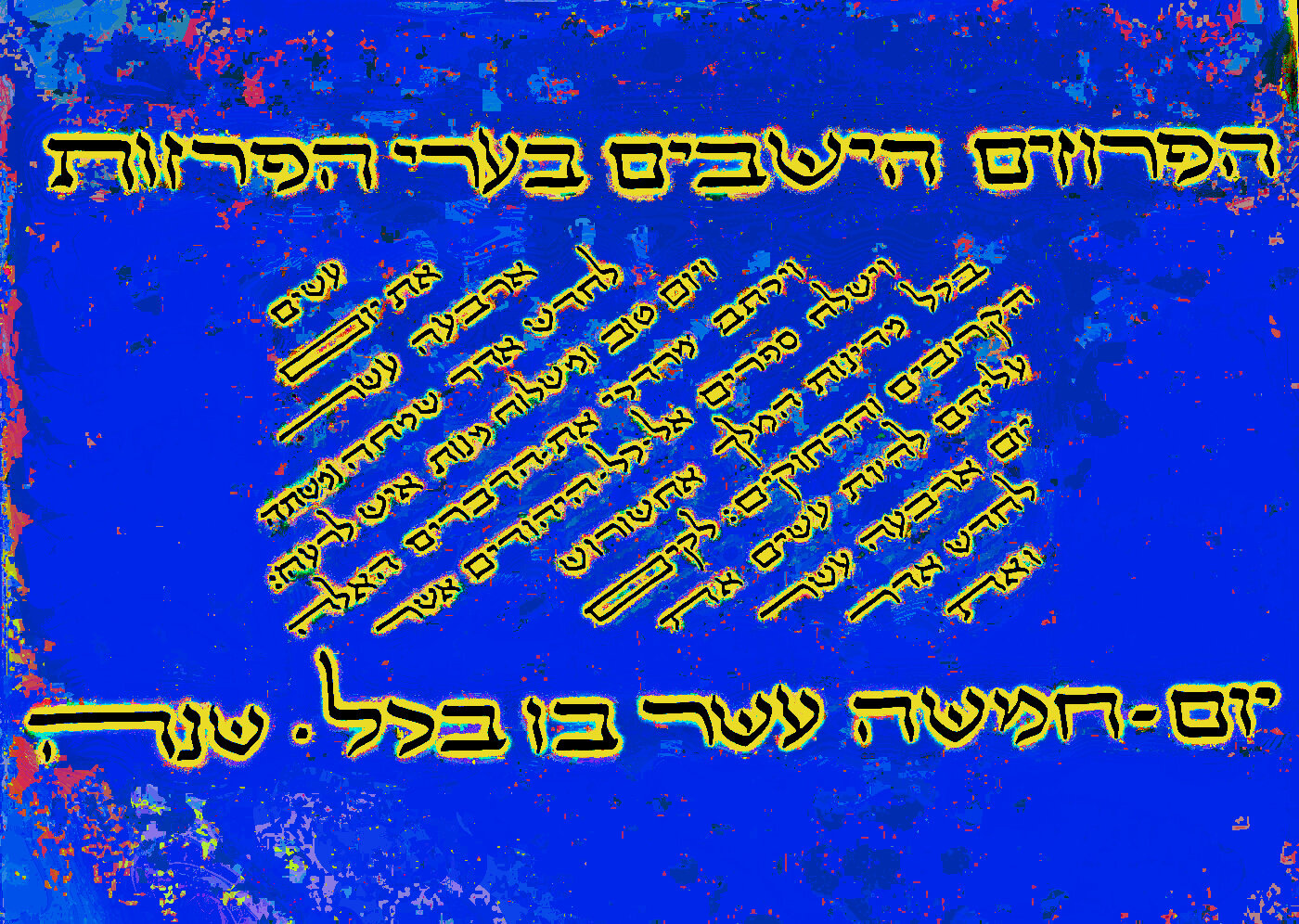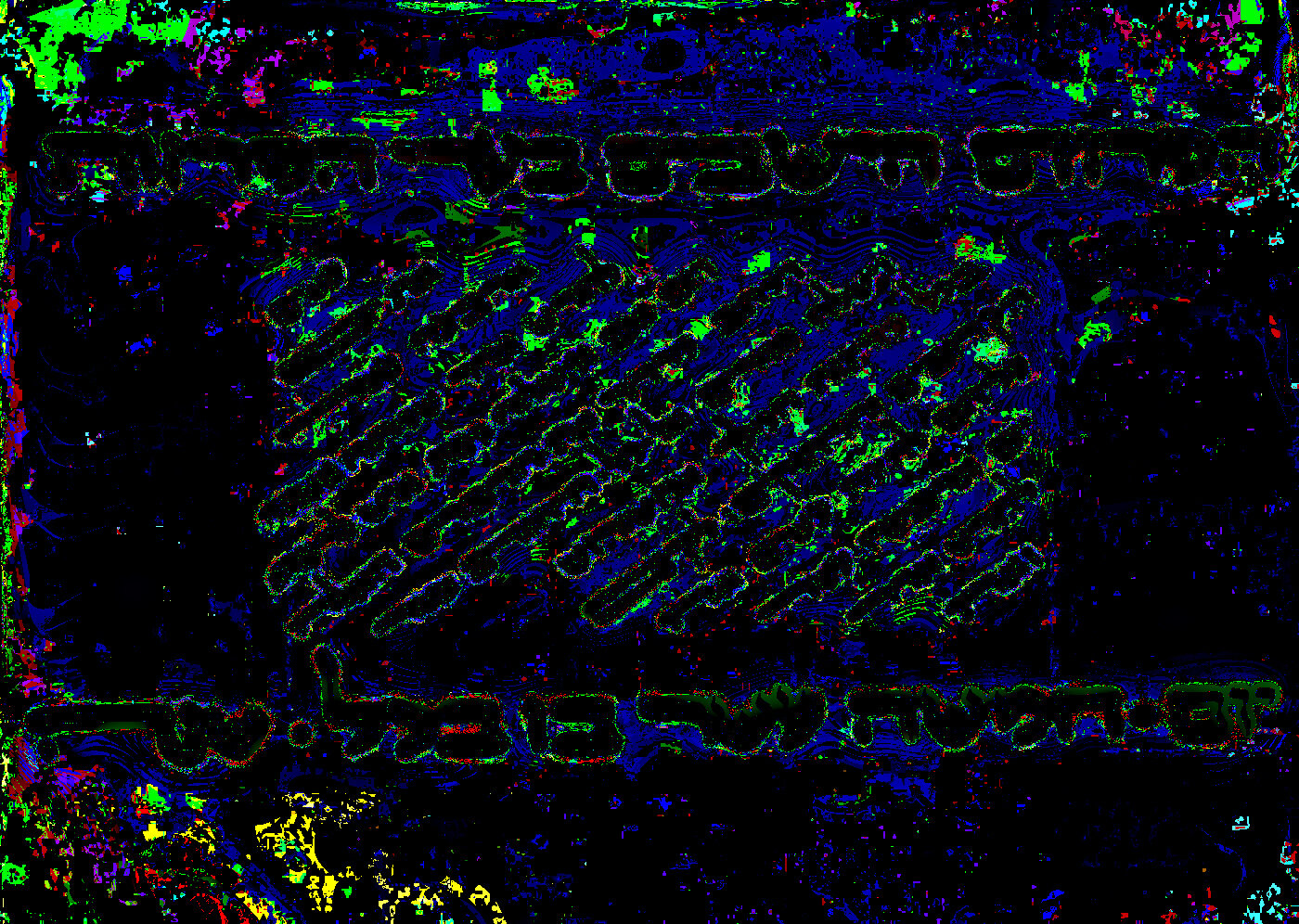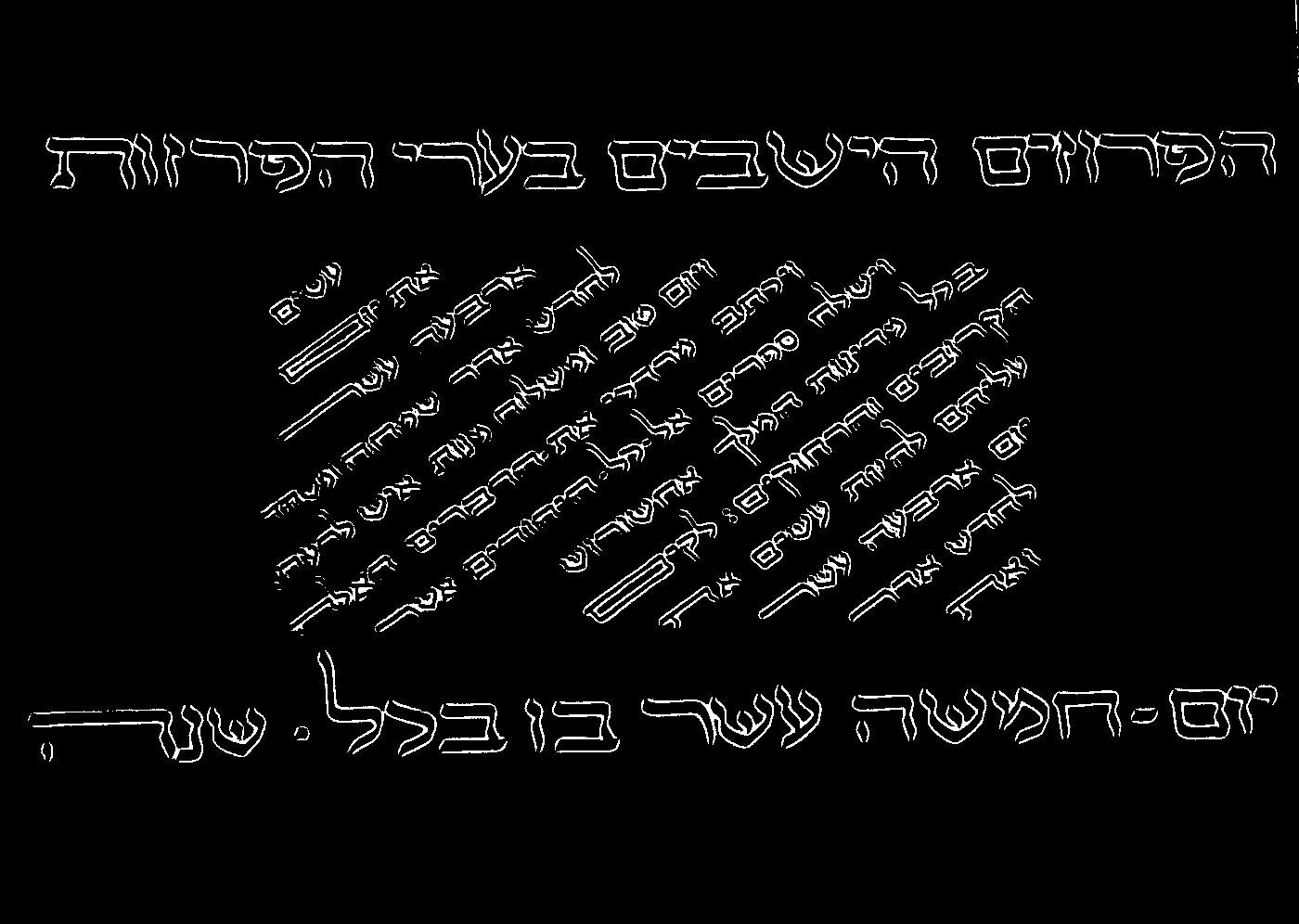Prolog:
"Apartheid-Israel" is a modern slander directed towards Jews. It falls squarely within the framework of historic Jew-hatred, and is no different in intent than the age-old hate teachings, such as the blood-libel, the accusation that Jews poisoned wells to spread the 'black death', and the myth that Jews have a 'secret cabal' to take over the world. It is intended to delegitimize Israel’s right to exist, and it is cloaked in “political opinion” to allow it unqualified agency. If the many Jew-hating slanders weren't used to hate, plunder, and murder, they would be laughable. But they aren't laughable at all. They're evil.
In the following paragraphs I'll outline
1. a short history of this slander,
2. its hypocrisy and double standards, and
3. which countries and peoples in the Middle East are truly apartheid.
It is only after all these things are acknowledged and understood, that the rule of law as it exists in Israel today, including its many failures, can be honestly discussed.
1. A short history of the apartheid slander.
The "Israel is apartheid" slander emerged as a propaganda tool by the Palestinians in the early 1970's as part of their multi-phased war to delegitimize, and ultimately destroy Israel and wipe it off the map. More recently it was picked up by the BDS movement, driven by Palestinian, Muslim, "liberal" Christian, and leftist anti-Zionists to propagate their various versions of Israel-hatred and Jew-hatred. Their propaganda program has now become main stream, not unlike the hate propaganda generated by the nazis in the 1930's, or by the medieval Christian church. Thus, it is treated in Wikipedia as a matter of discussion and controversy, and not for what it really is -- Jew-hatred and slander. And of course, it has become a cause celebre in the UN, an organization with an overt and aggressive anti-Zionist agenda.
Jew-hatred, like racism, has very deep roots, and in many historic eras and in many parts of the modern world it is simply taken for granted as a valid world-view. But because it is widespread does not mean it is true, honest, or moral. Indeed, it is none of these.
2. The hypocrisy of this slander
In short, Israel is held to a standard that no other country in the world is held to. There is, of course, discrimination against Palestinians in Israel, as there is discrimination against Jews by Palestinians. But economically, socially, and politically, Palestinian citizens of Israel have a definably better life than Palestinians in ANY other country in the world. Period. Their economic and social status is higher, and their opportunities are vastly greater than Palestinians (or Arabs, in general) living in any other country. Palestinians in Lebanon, Syria, Iraq, and other Arab countries are still confined to refugee camps, which are more like concentration camps. They are kept in these camps because their "Arab brothers" don't want them as fellow citizens, and in truth, couldn't care less about them. They are used and brutally abused as pawns in the long-term Arab/Muslim war against Israel's right to exist. But, if one must make apartheid accusations, then first look at the plight of Algerians in France, Pakistanis in England, Turks in Germany, Kurds in Turkey, etc. The Palestinians in Israel have vastly better lives than any of these people. Yet Israel is slandered with the accusation of being apartheid.
And what about the West Bank? Aren't Palestinians there grossly discriminated against? First, West Bank Palestinians in general have better, more prosperous, freer lives than Palestinians in any Arab country. Period. Second, the West Bank is not part of Israel, and Israel is not bound by the same laws as it is for its own citizens. Third, the Palestinians in the West Bank have created their own fate, vis a vis Israel, due to their hatred, violence, and unwillingness to make peace, and ultimately to establish themselves as an independent country.
Palestinians of the West Bank have instigated 2 uprisings, both of which were exceedingly costly in lives both to Israel and themselves. In the 2nd intifada (uprising) 1000 Israeli civilians were murdered by terrorist attacks and suicide bombings in public places like cafes and synagogues. That would be equivalent to 30,000 Americans dying in anti-American riots. These uprisings were not about equal rights. They were intended as acts of warfare to destabilize Israel. They were intended to draw other Arab countries into the conflict, in a widespread war of annihilation, to "drive the Jews into the sea." Their military ambitions were a disastrous failure, but they have been successful in propagating their hatred.
In effect, what the apartheid-Israel slanderers are saying is: "Palestinians are allowed to hate Israel, deny Israel the right to exist, and perpetrate all kinds of violence, but Israel must treat Palestinians as if they were devoted citizens, ignoring their hatred and violence." It's ridiculous, but that's what is expected of Israel. Indeed, even more egregiously, Jews are not allowed to live in the West Bank, AT ALL. If they were, there’d be no need for settlements. Jews are forbidden to live in the West Bank (even tho Jews have been indigenous there for over 3000 years), and selling land to a Jew is a crime punishable by death according to Palestinian law! That's apartheid.
As for the Palestinians of Gaza, both their attitude and their violence are yet more extreme than that of West Bank Palestinians. Hamas, the theocratic dictatorship that rules Gaza, has avowed in their charter, as well as consistently in public statements (right up to the very day in which I’m writing this essay, June 2, 2021) that their goal is to destroy Israel and kill all its Jews. They have diverted a significant proportion of all the humanitarian aid they have received, as well as goods that come in thru Egypt and Israel, towards war with Israel. They have used that “aid” and materials earmarked for public welfare to build and amass a huge rocket arsenal, and to construct a vast "subway" system of military attack tunnels under their population centers, tunnels with no civilian use whatsoever. They use their own citizens (and foreign news agencies) as human shields, including placing munitions and military installations and operations rooms in and beneath hospitals, mosques, schools, apartment buildings, and office buildings. They use the shield of those same locations to stage rocket attacks on Israeli civilian populations. Aside from the 2 wars they started with Israel in the last decade, during "peacetime" they have fired over 10,000 rockets at Israeli cities, and have burned thousands of acres of farmland and orchards. And yet they claim, in a shockingly cynical irony, that they have been victimized by Israel!! Again, it would be laughable if it weren't evil. The same money and creativity could have been used to turn Gaza into a premier seaside vacation destination. But no. Many in Gaza suffer because their own government (with widespread public support) prefers to use poverty as a means of perpetuating hatred of Israel, and as an international propaganda tool.
3. Apartheid and double standards
The real apartheid in the Middle East exists in every Arab country, as well as Iran and Turkey. Kurds, Druze, Baha'is, Armenians, numerous Christian sects, Zoroastrians, bedouin peoples, Berbers, and a host of other minority peoples in the Middle East have all been periodically stripped of their rights, persecuted, ethnically cleansed, and suffered genocides in the last 80 years. All these, and other egregious acts of apartheid, discrimination, and oppression have been ignored or made light of. Instead, the one and only country with a constitution that requires equal treatment for all citizens, Israel, is cynically accused of being apartheid.
Appalling genocides involving the murder of many hundreds of thousands or millions of innocent citizens have occurred in Africa and S.E. Asia, the Middle East (remember ISIS?? Saddam Hussein?? Hafez al-Assad and his son Bashar??), and now in China against it's large Uighur minority, and yet Israel is cynically accused of apartheid. Here you see the grip of Jew-hatred driving the thinking of masses of people, many of whom imagine they are moral exemplars. They are no such thing. They are hypocrites and bigots.
And it seems no one (at least no one “woke”) is allowed to mention the elephant in the room. No one is allowed to mention that Islam itself is avowedly apartheid. The dhimma system is one of the defining features of Islamic law, and it specifically establishes the legal primacy of Muslims over all other citizens. Jews and Christians are formally and specifically second class citizens, and can be denied most legal privileges at the will of the ruler and his/her agents. Members of other religions have even fewer rights, and are even more at risk. From a western point of view, the dhimma is archaic and medieval, but it is still a defining feature of law in every Arab country, and nearly every Muslim country, sometimes constitutionally, but always from the ground up. The dhimma is how Muslims are taught to treat non-Muslims. And yet Israel with its modern constitution guaranteeing equal rights for all citizens, and its rule of law that commonly sides with Palestinians, is slanderously accused of being apartheid.
Finally, the epicenter of Jew-hatred in the world today is the Middle East (including countries as far east as Pakistan and Bangledesh). Sadly, in this era, Islam is an active agent in promoting Jew-hatred. It has not always been so, and hopefully a time will come when once again Islam will embrace tolerance towards its Abrahamic brother, and all others. But right now, public and private schools from Morocco to Bangledesh teach Jew-hatred; the various media promote Jew-hatred; religious leaders preach Jew-hatred; and governments enforce Jew-hatred. And from this epicenter, Jew-hatred in all its forms, including the apartheid slander, is being promoted in every country of the world. It has rampantly spread across social media, feeding the roots of Jew-hatred that seem to dwell in every human being, and spreading it like a pandemic, fed by lies, hatred, and ignorance.
Bottom line: Israel-bashing is Jew-hatred. Period.
So am I saying Israel is above criticism?
NO! I am saying that it is only at this point, when one is sure that Jew-hatred and its anti-Israel biases have been squarely looked at, acknowledged, and refuted unconditionally, that one can then look at Israel, see its many failures in its relations with the Palestinians, look at the comparable Palestinian and Arab failures, and understand them in context. But until one has reached this point of honest self-evaluation, and careful understanding of history, the discussion about "Israel's crimes" is just another kind of Ku Klux Klan cross burning. It is hatred, parading itself unashamedly in public.
